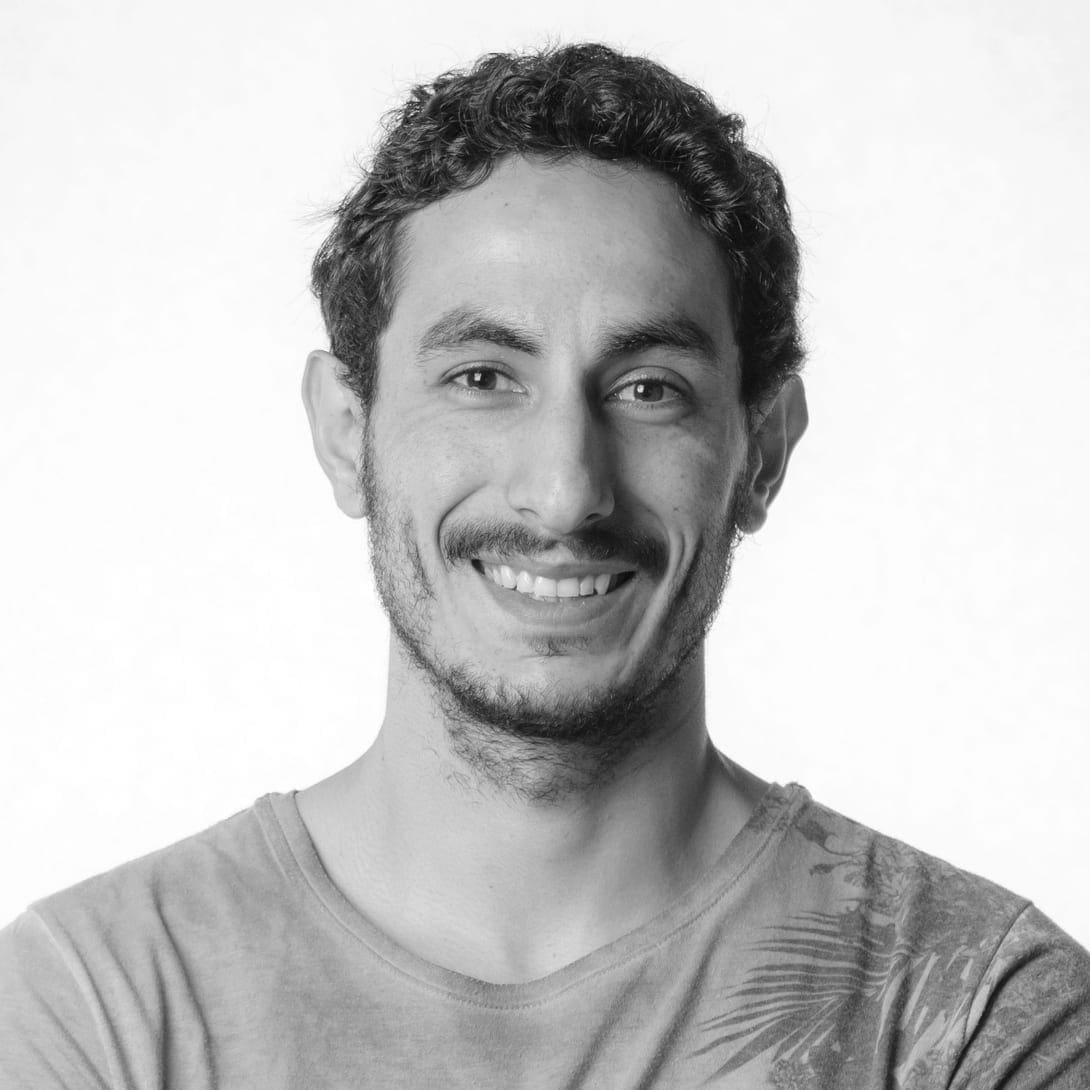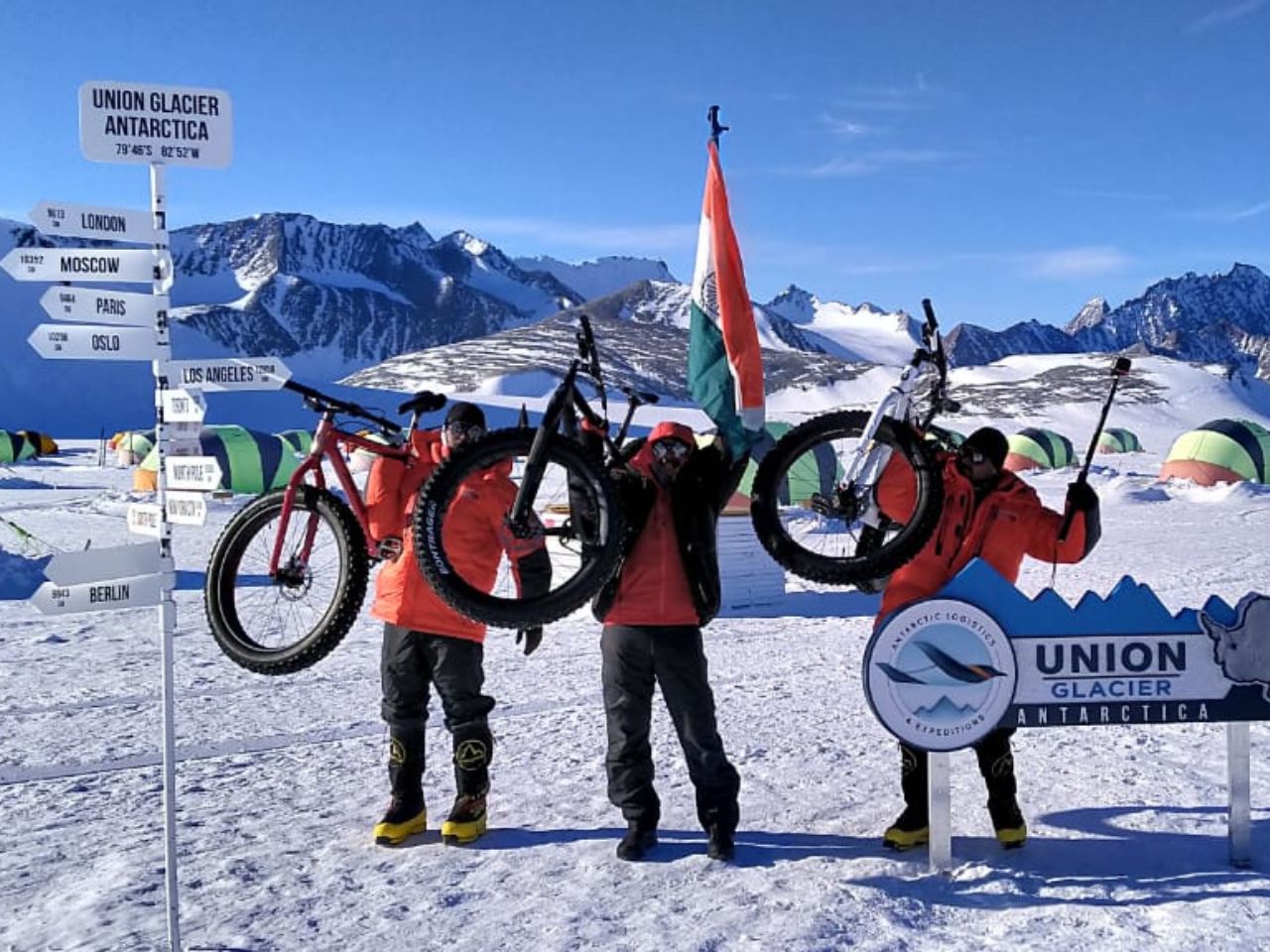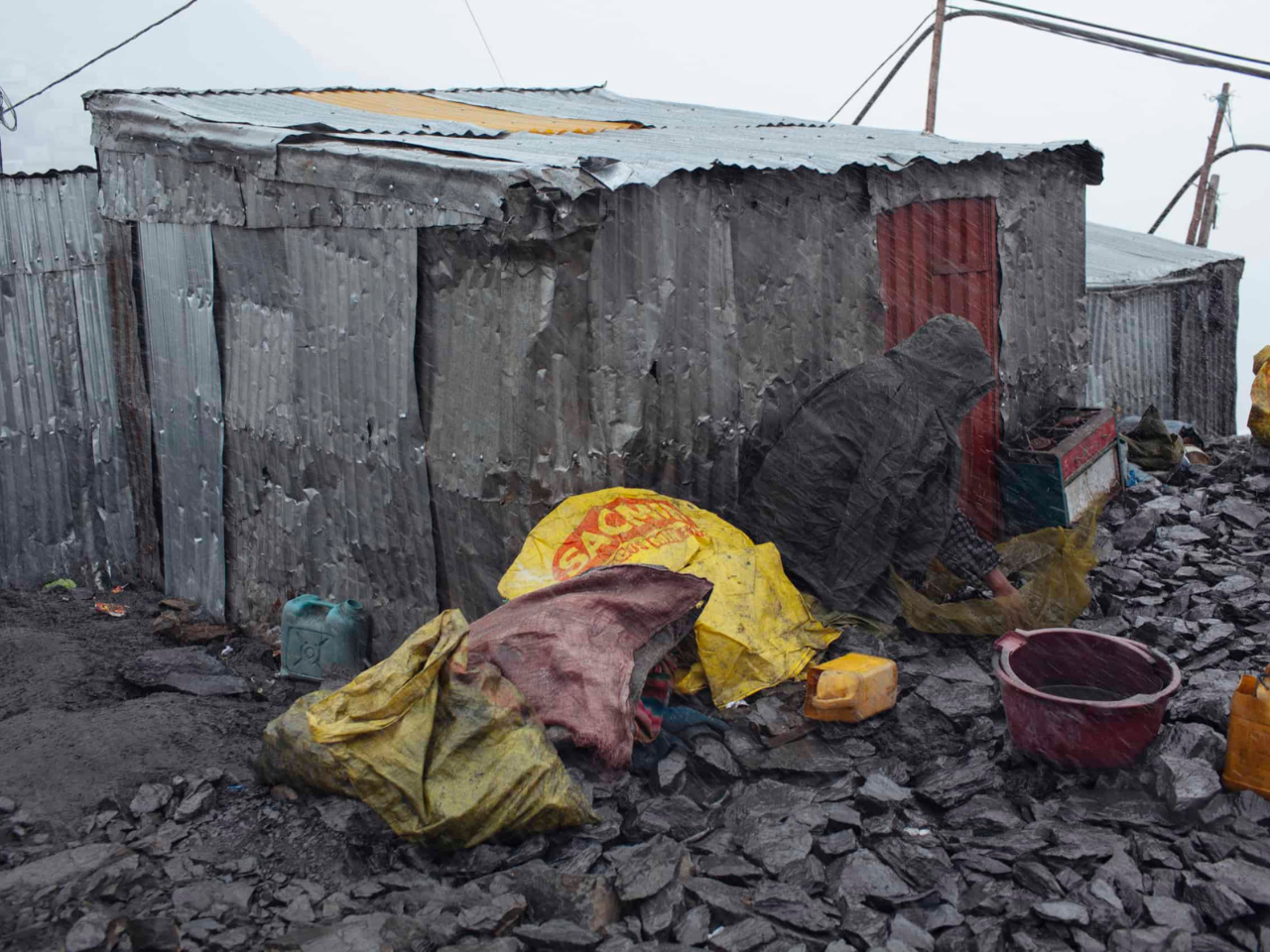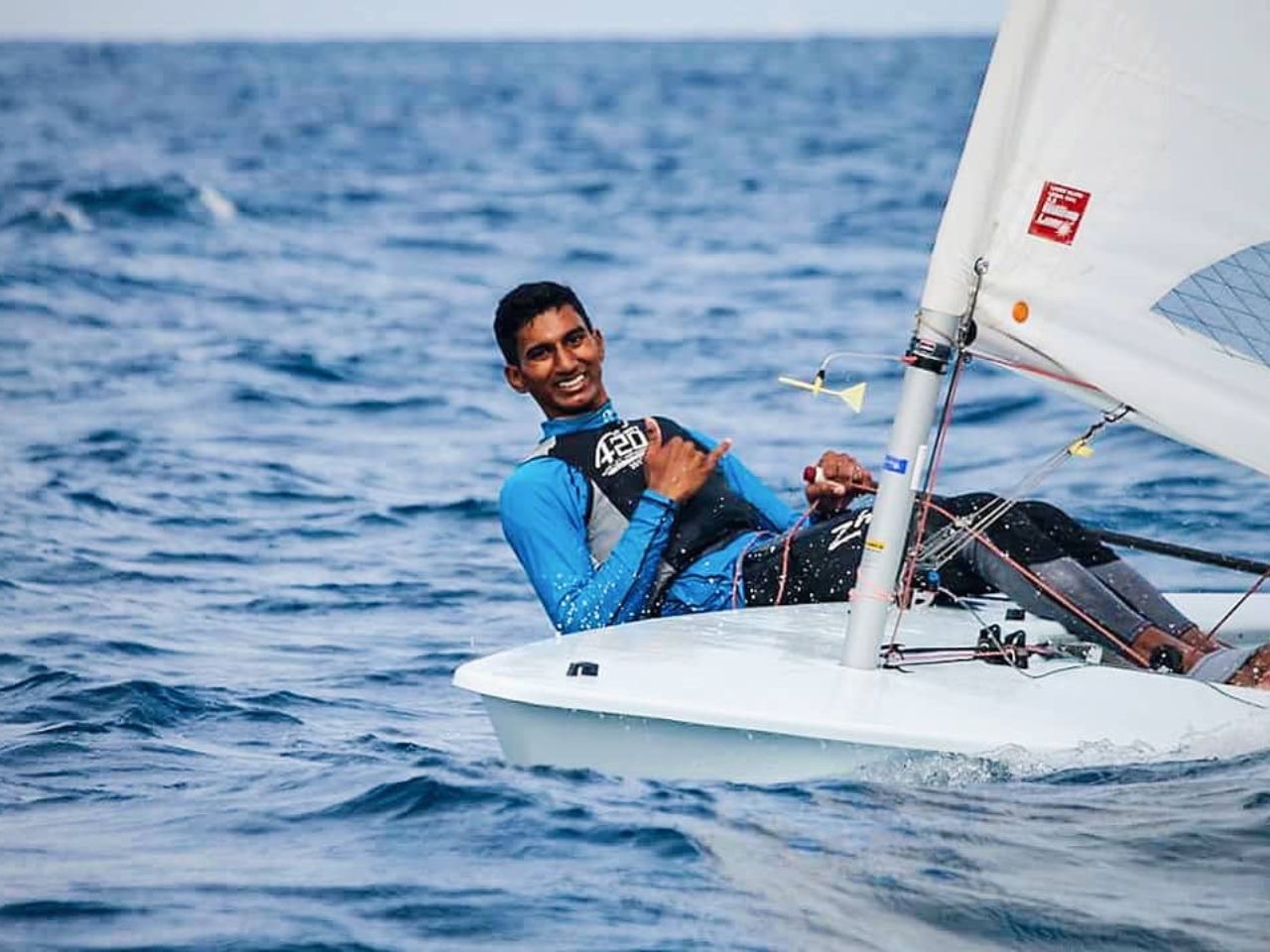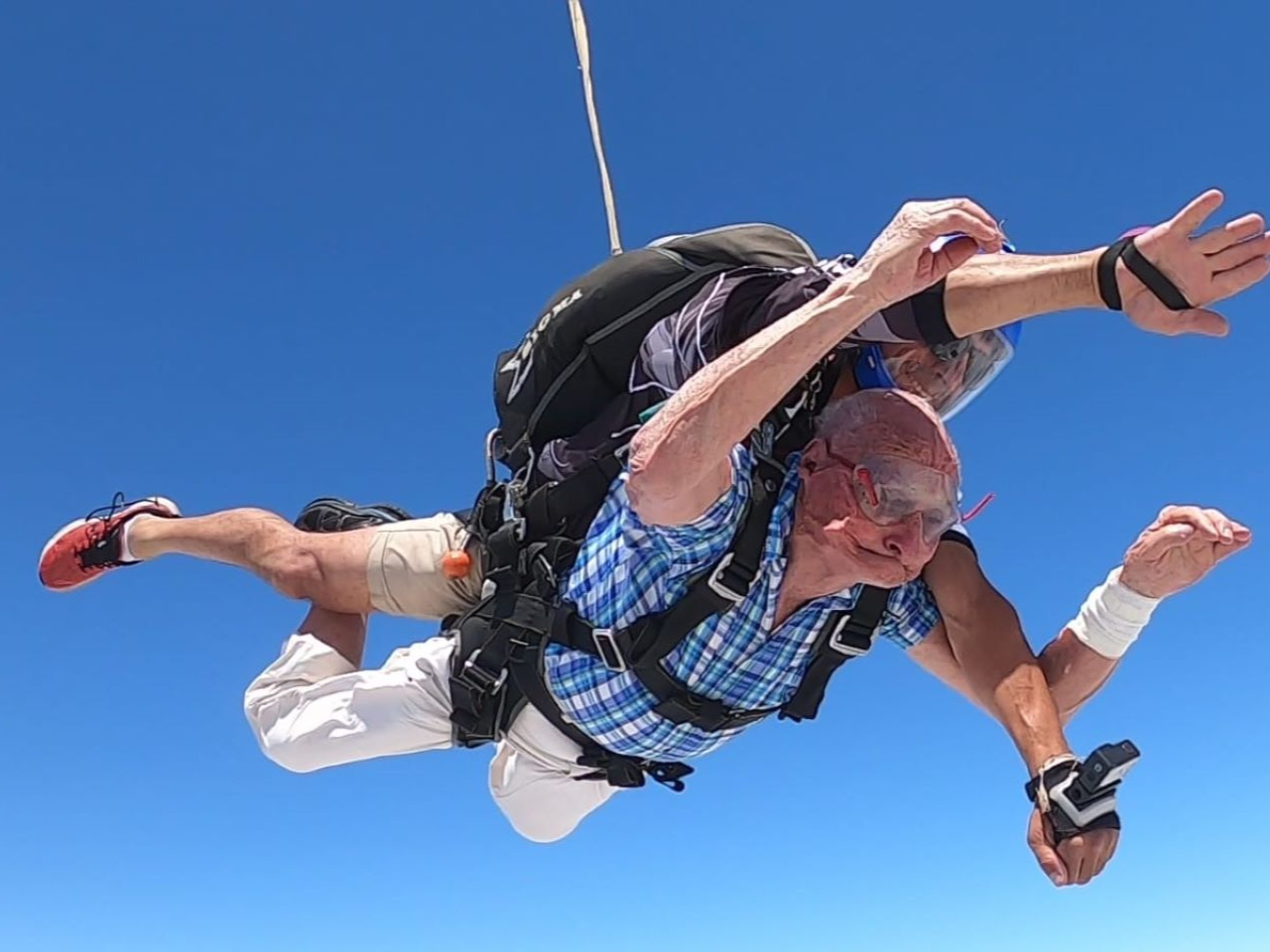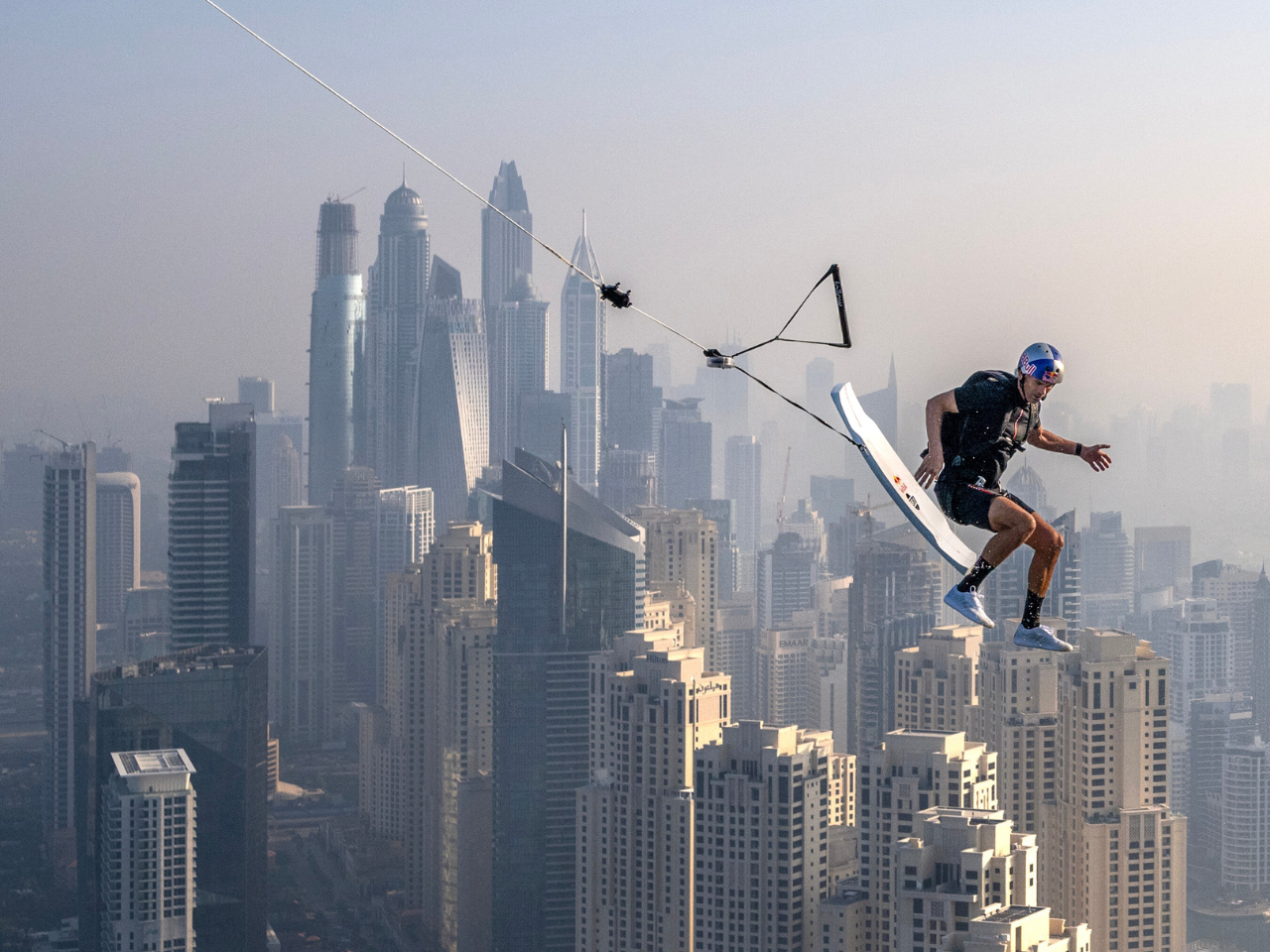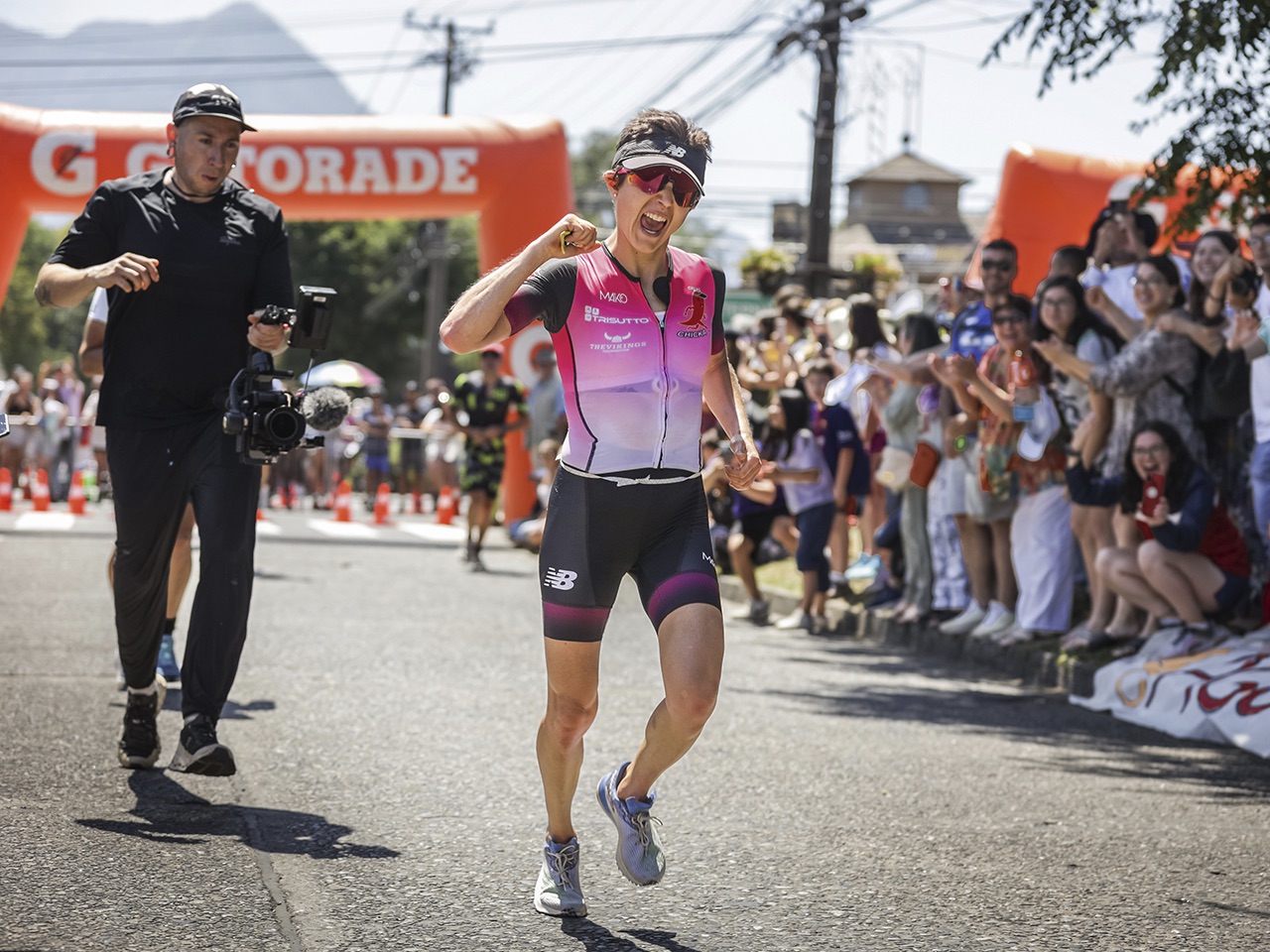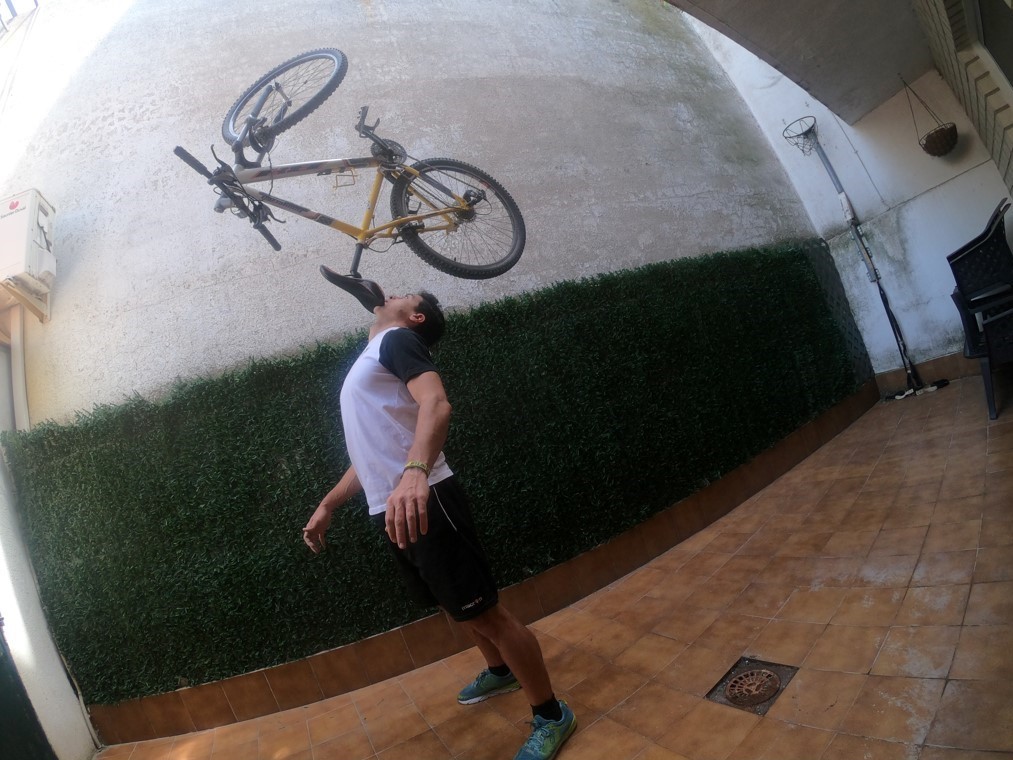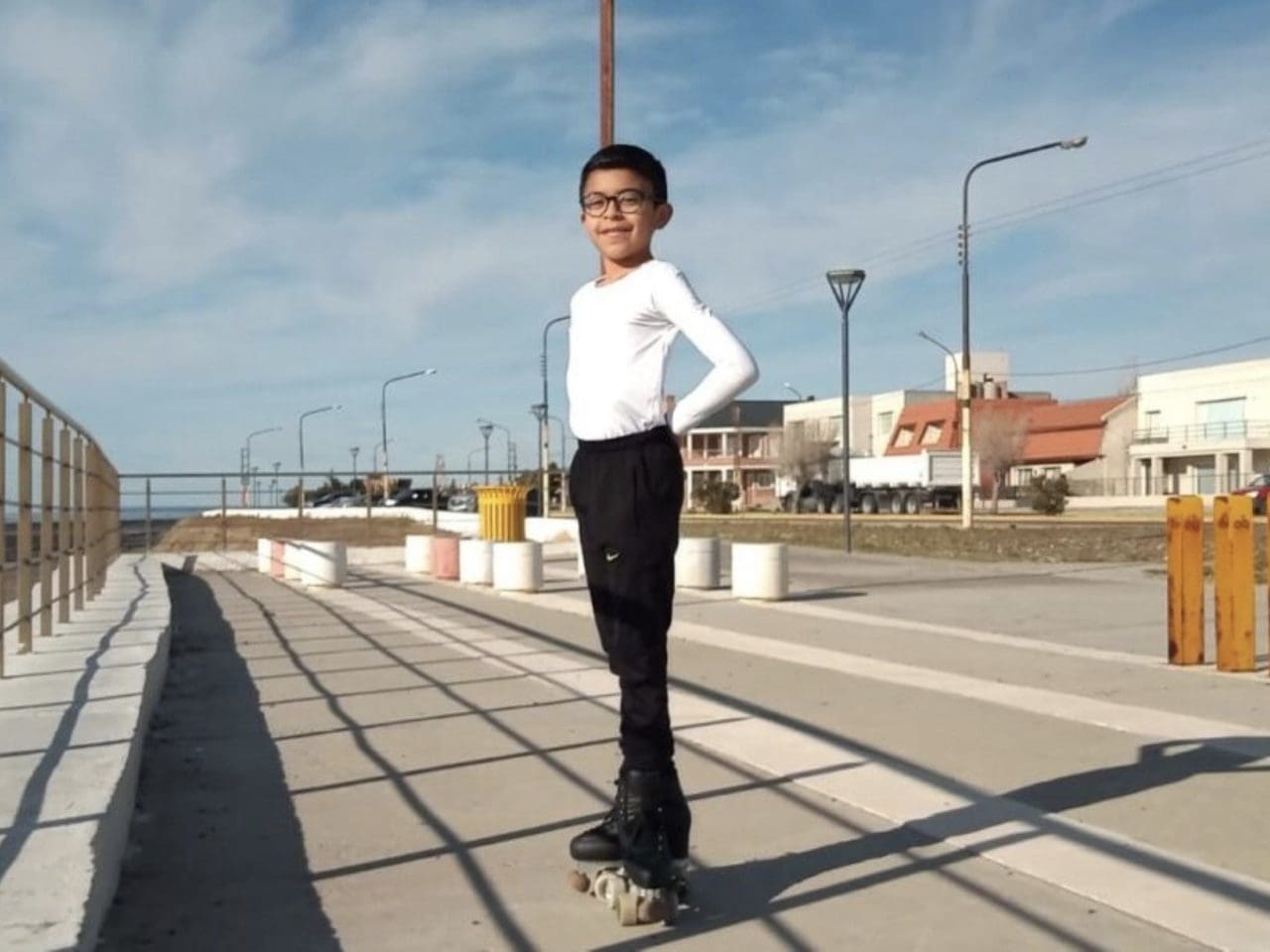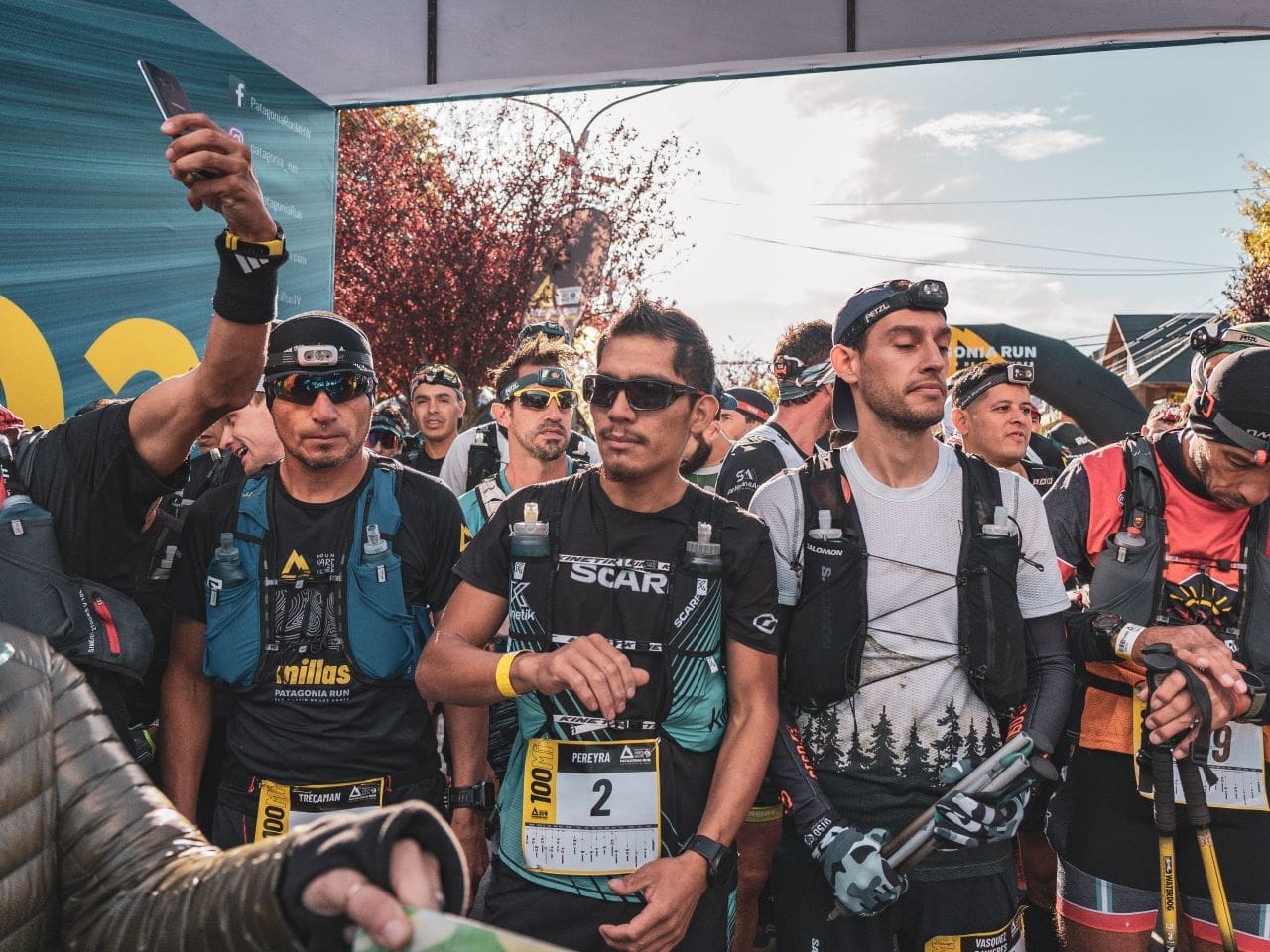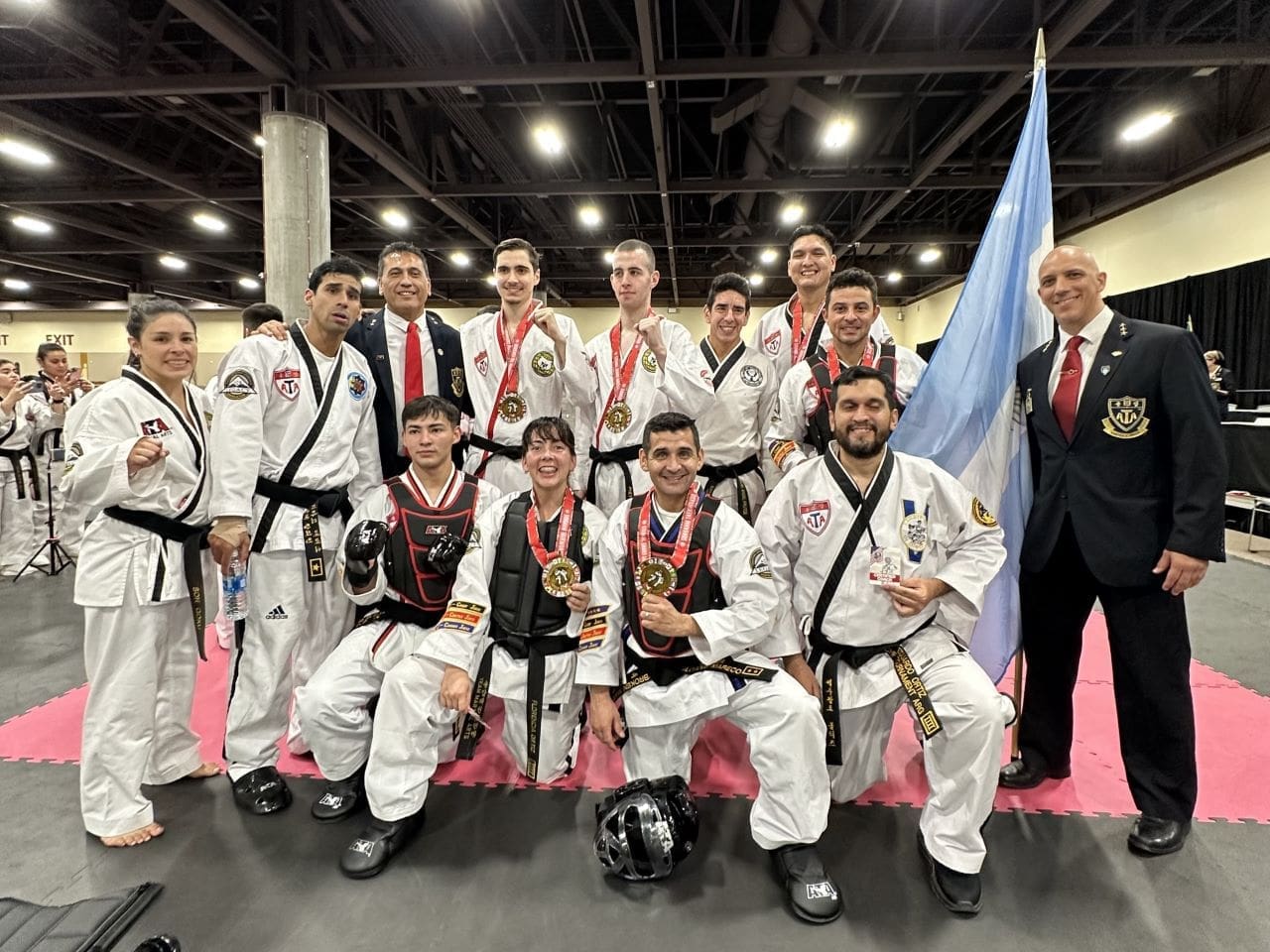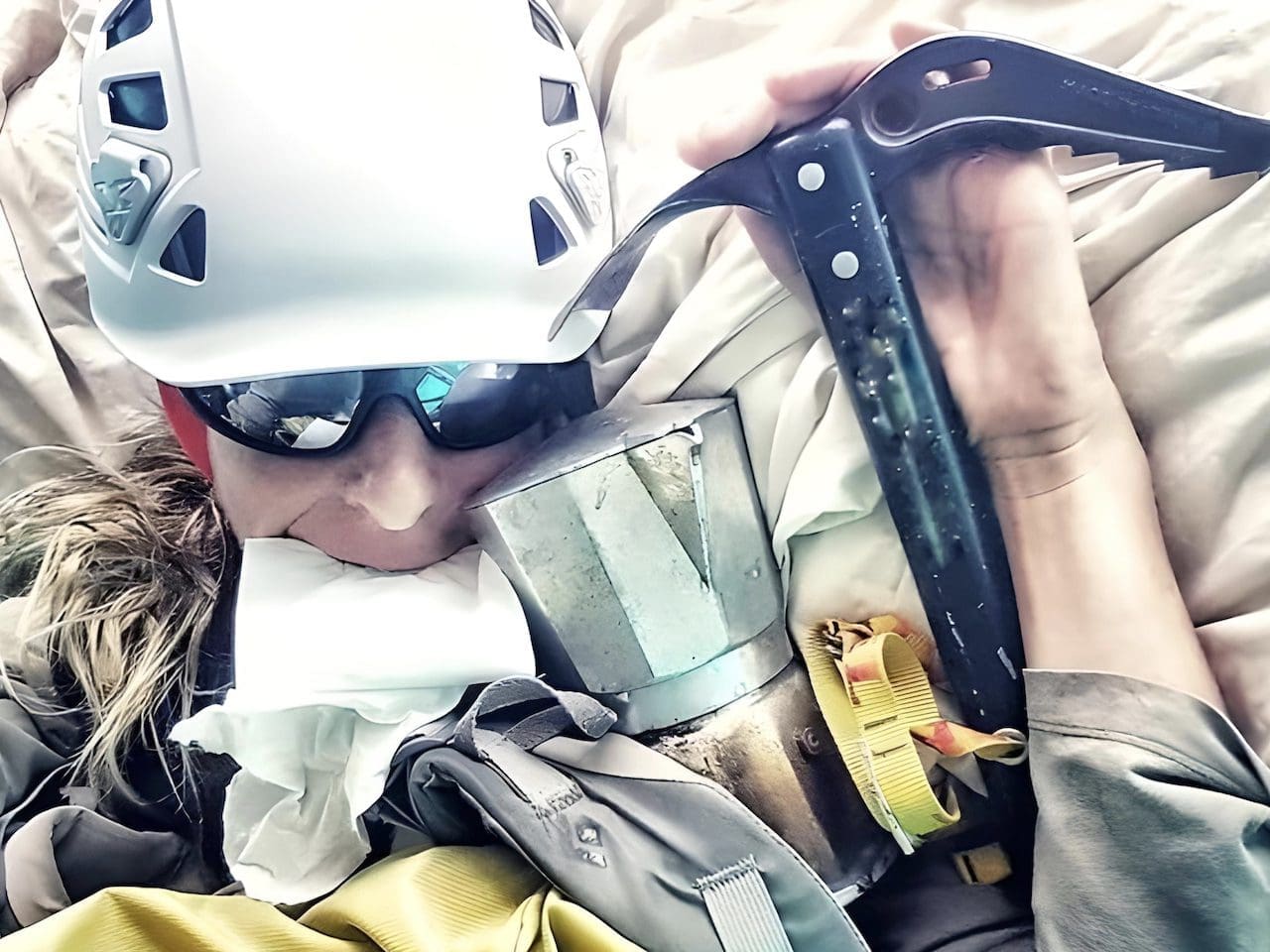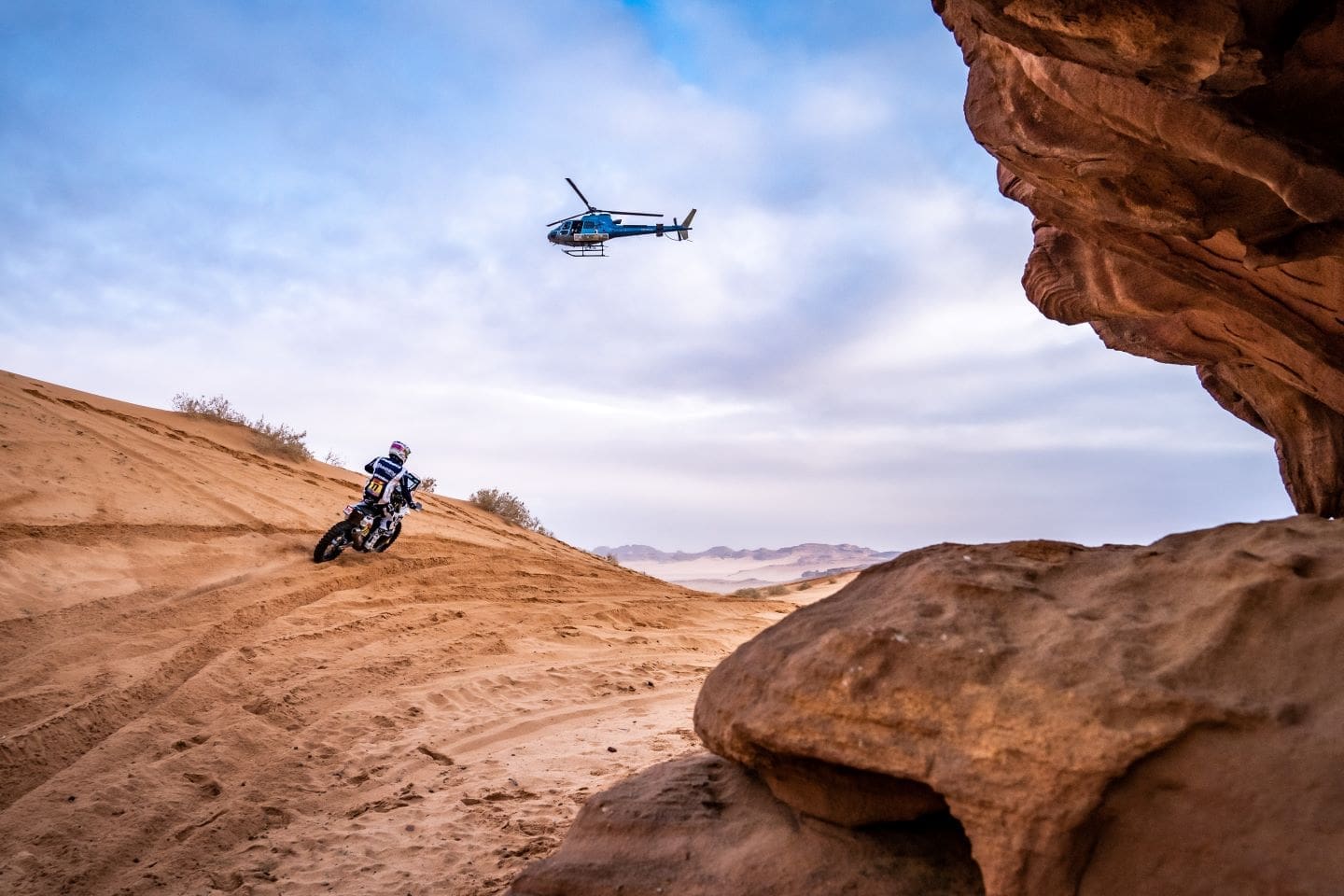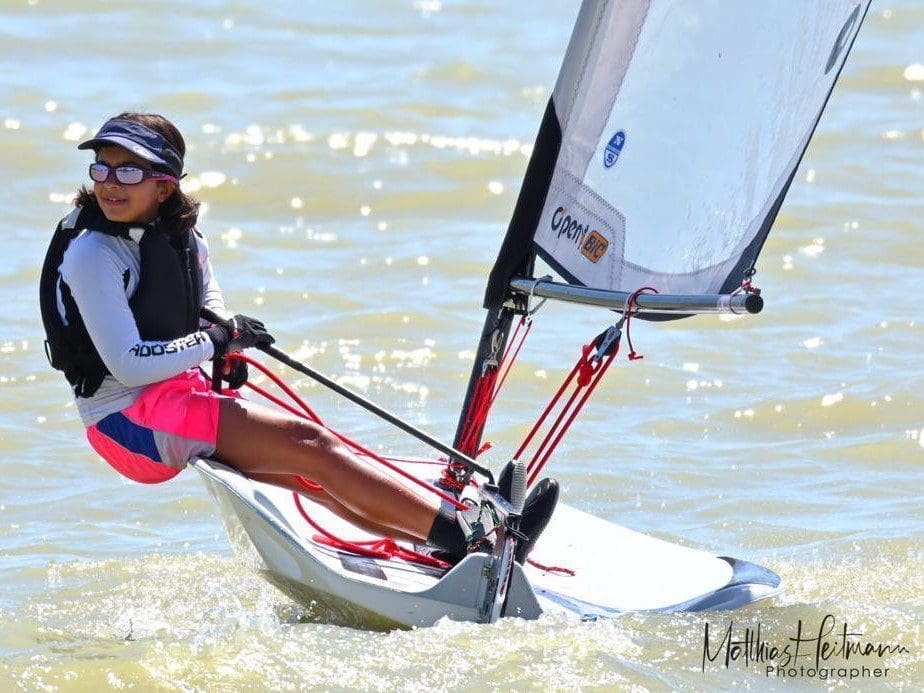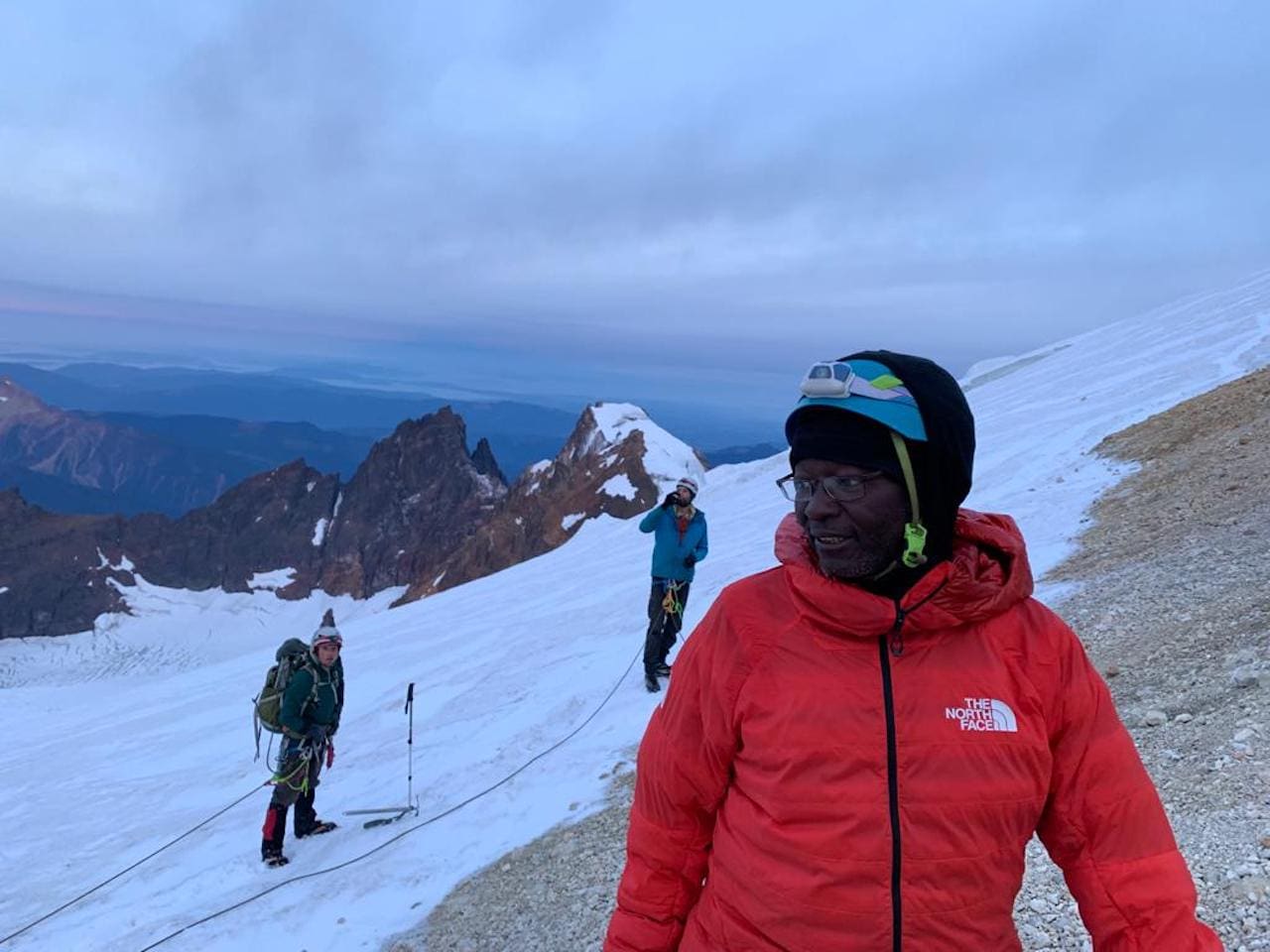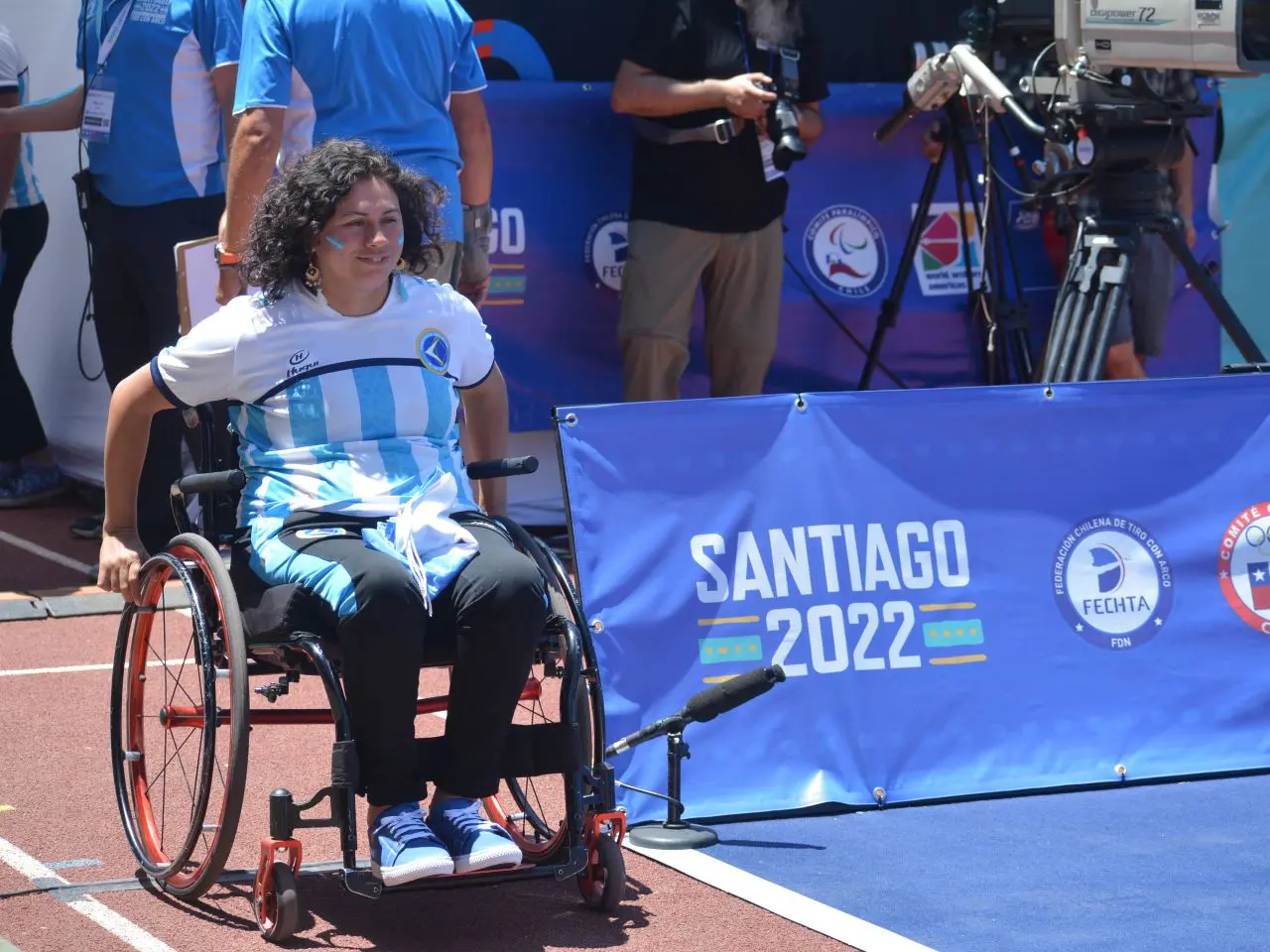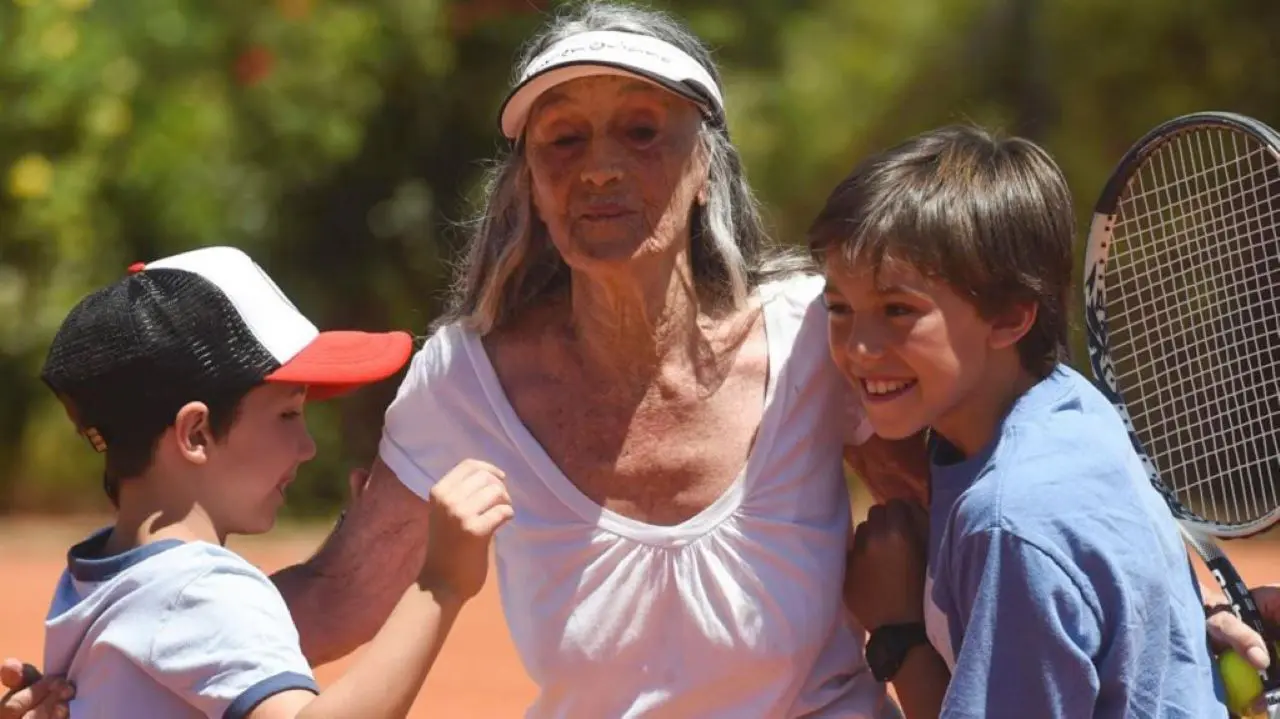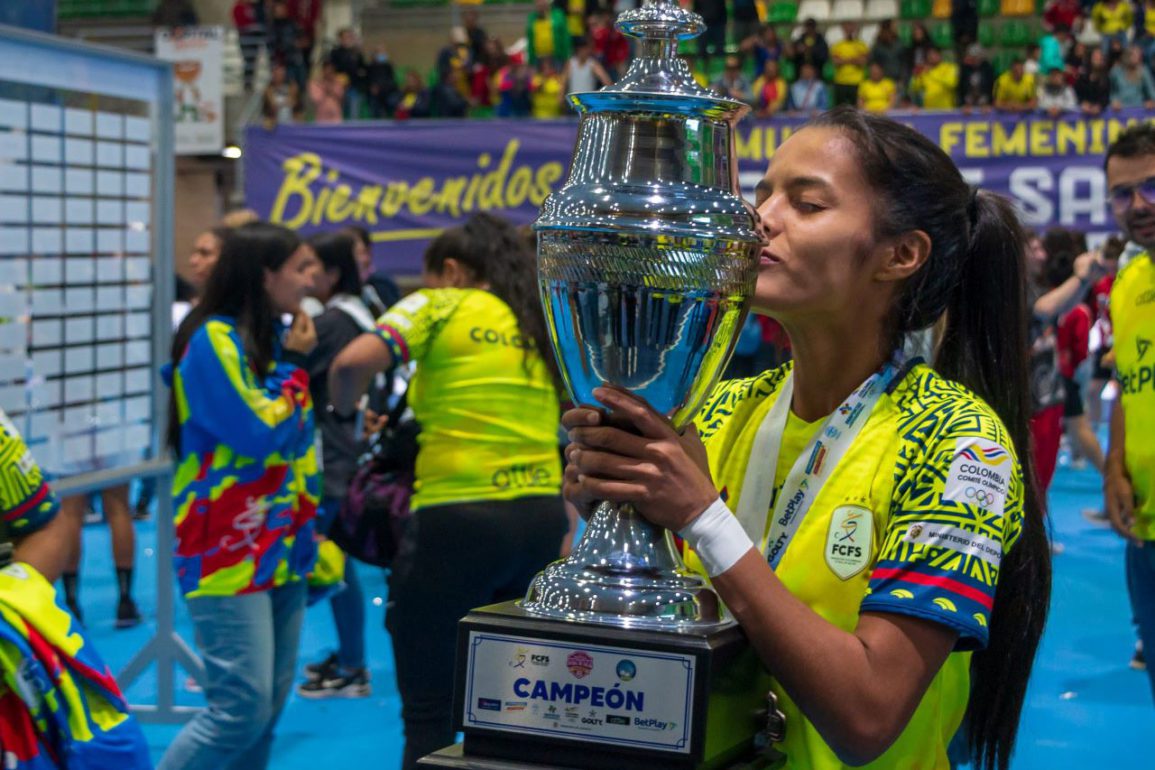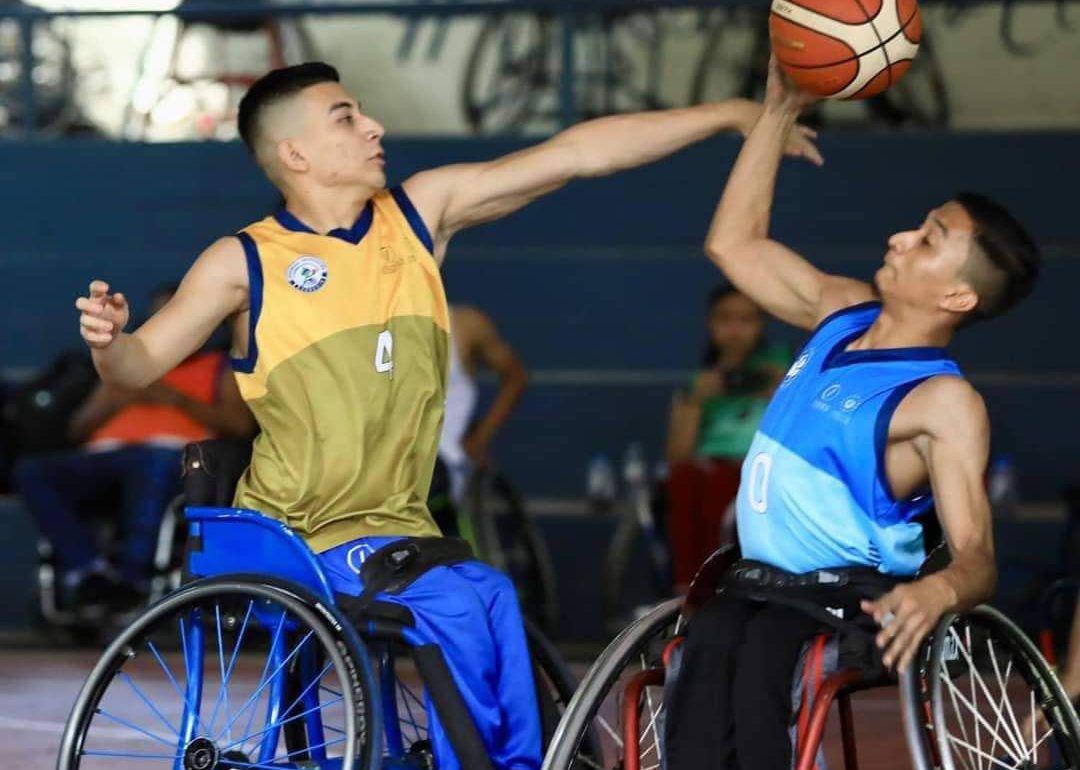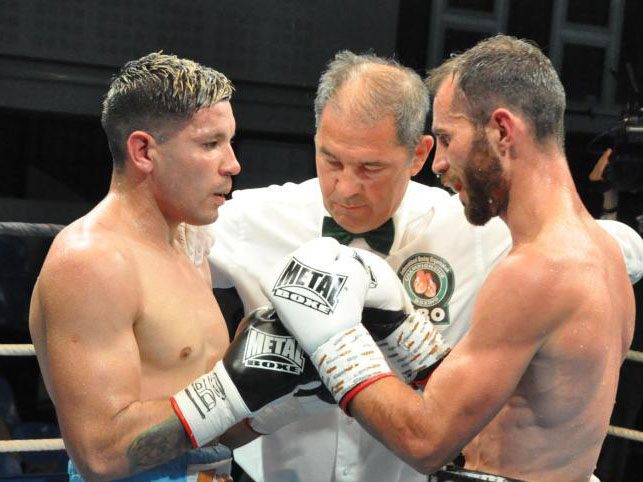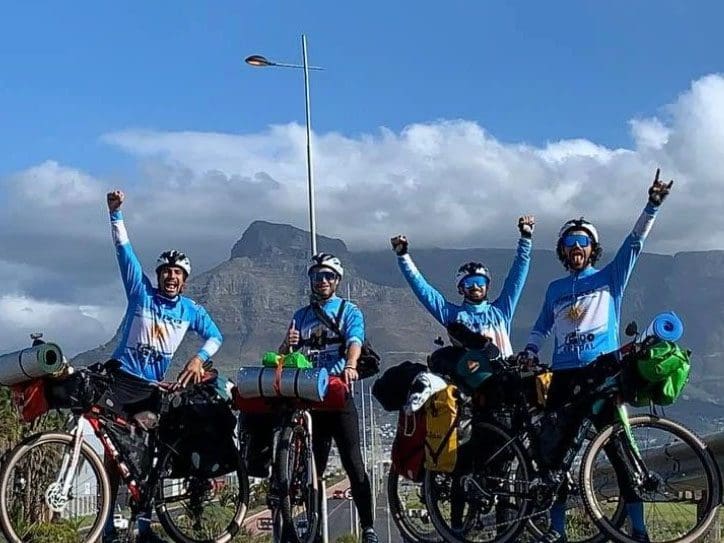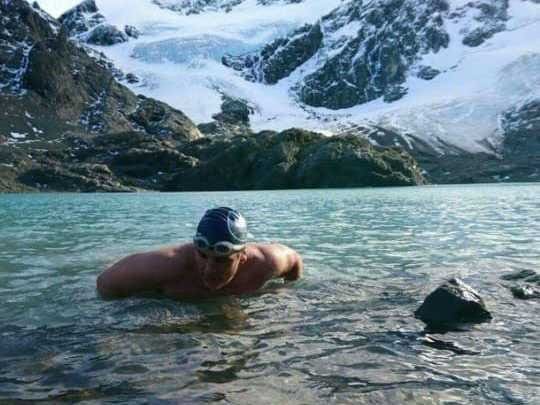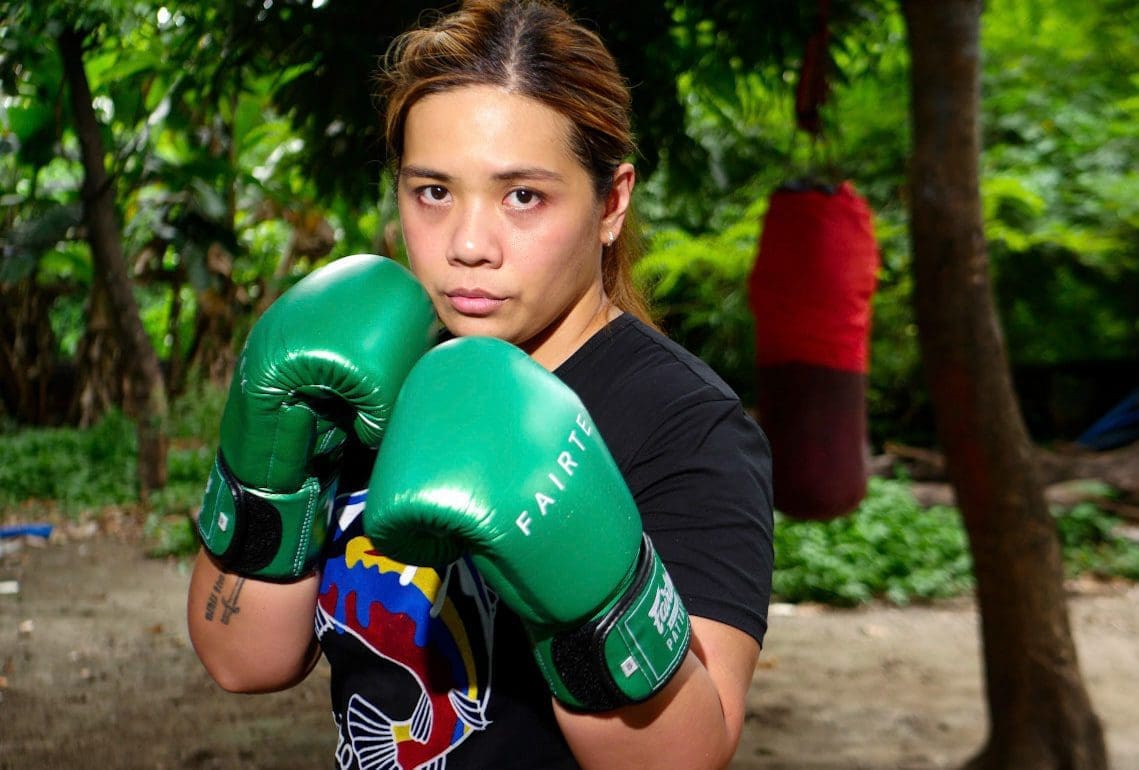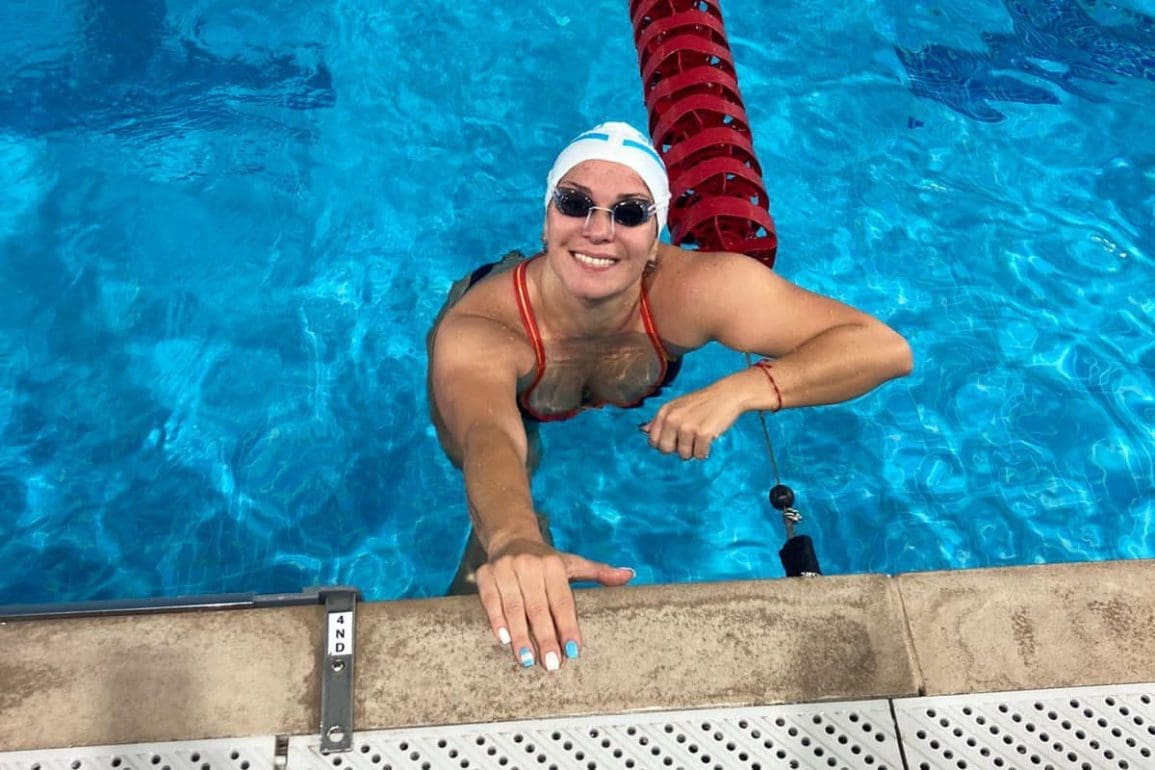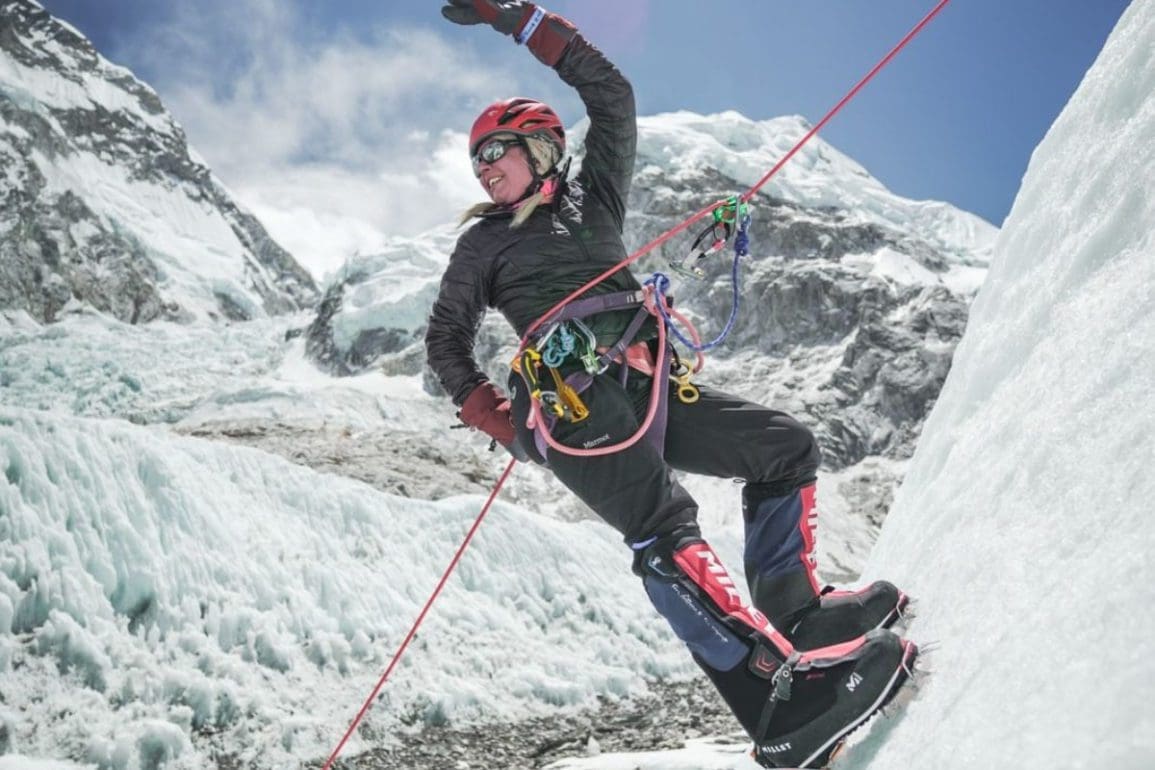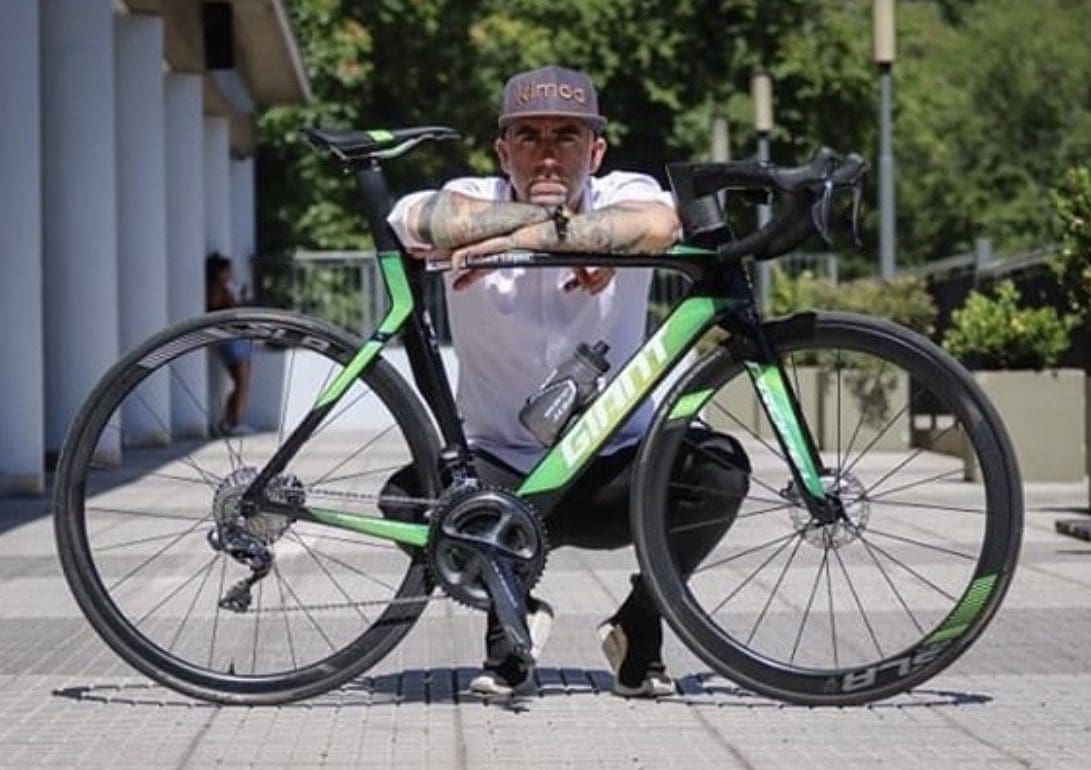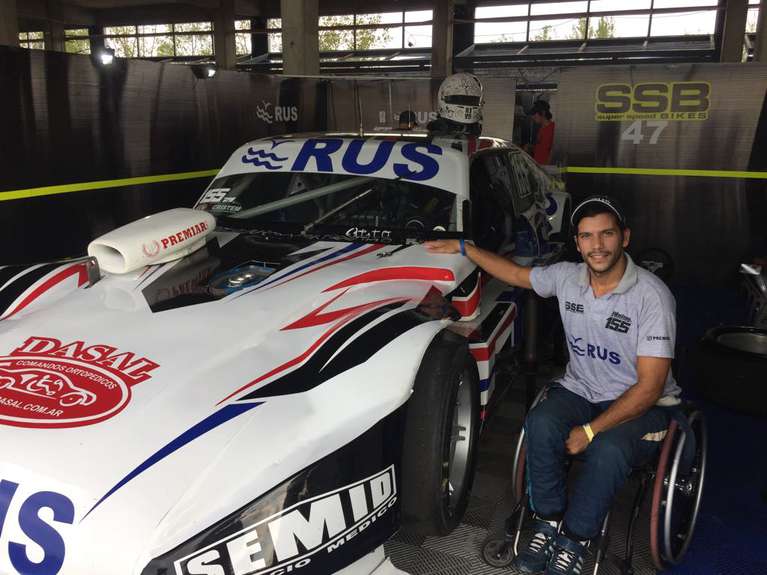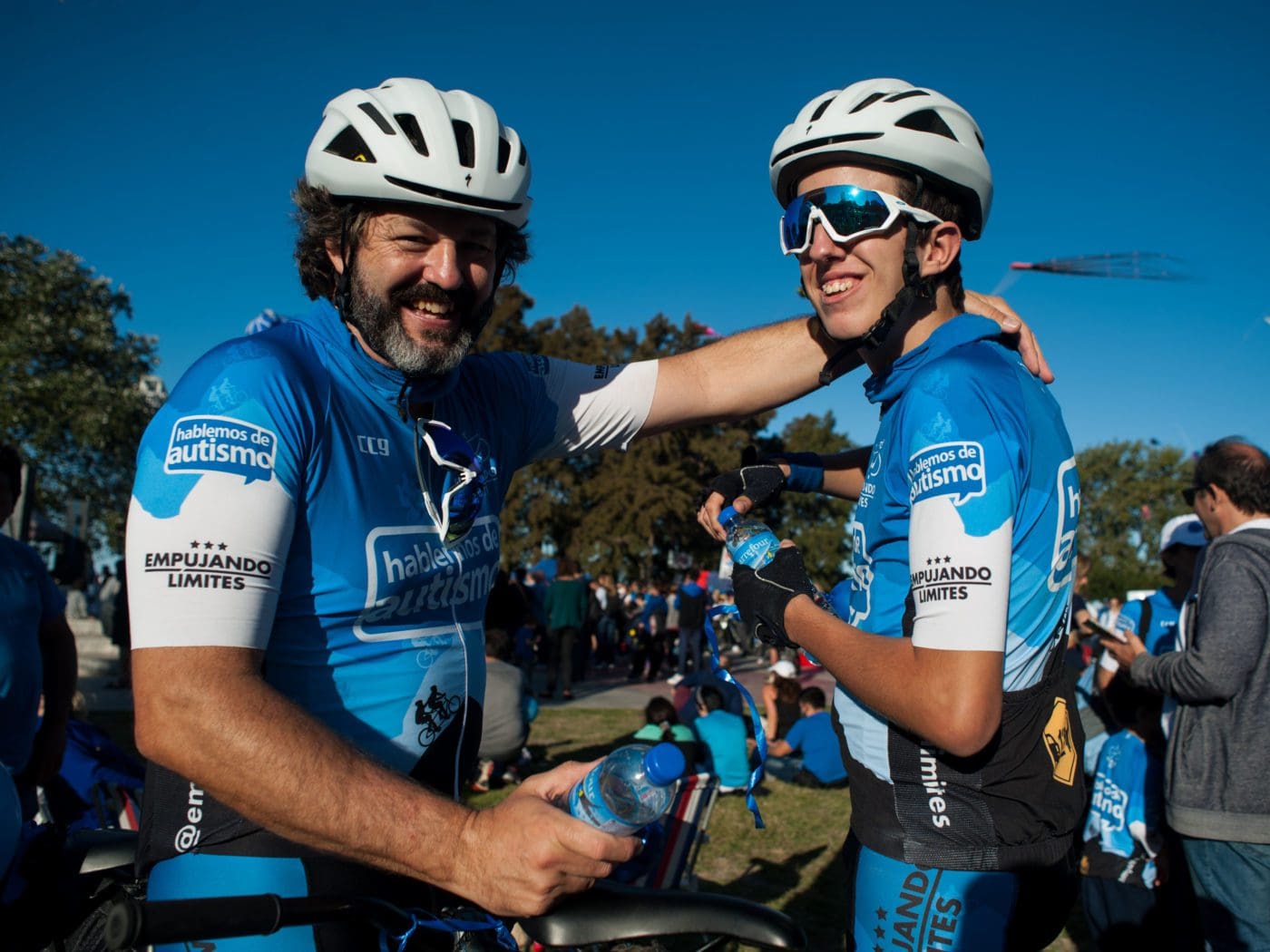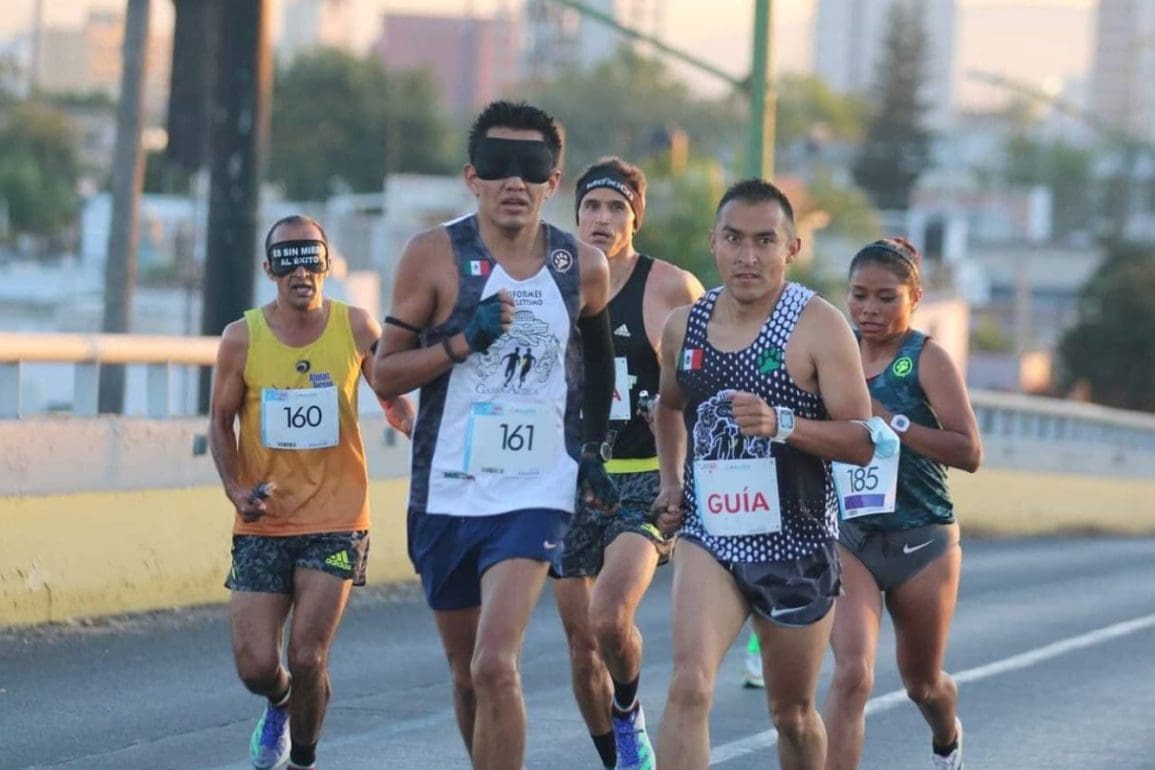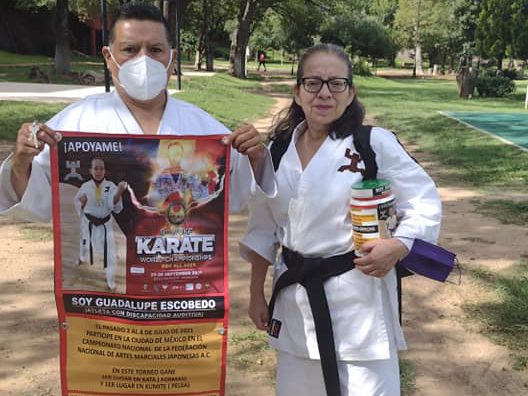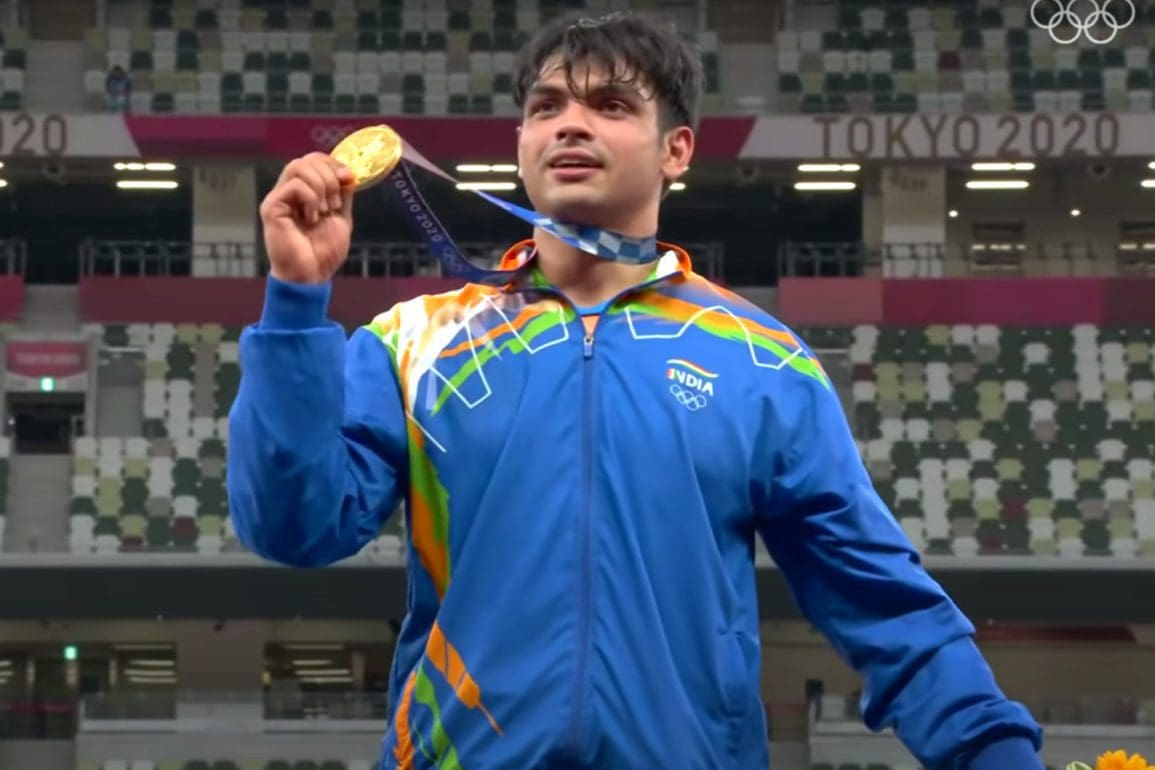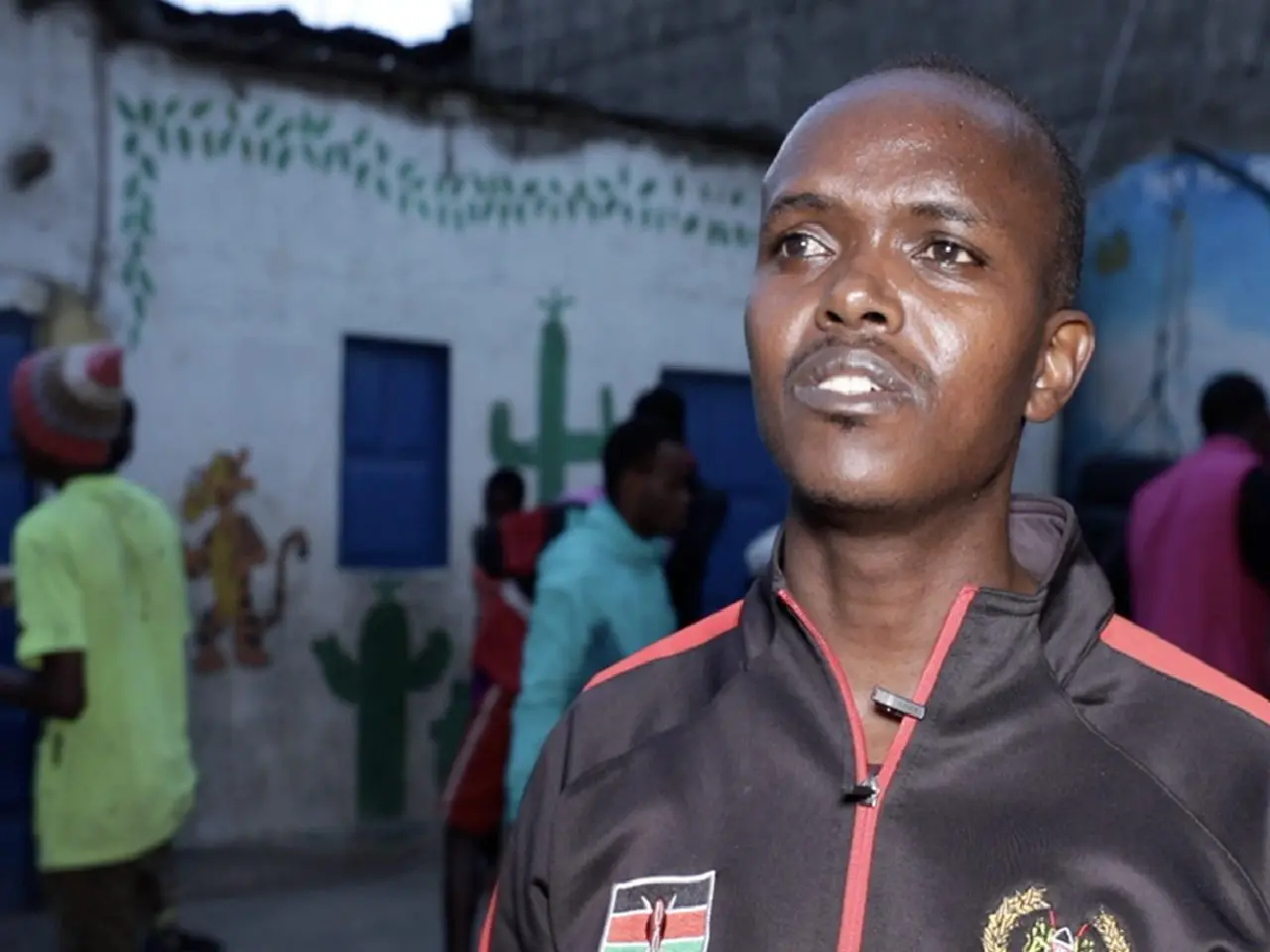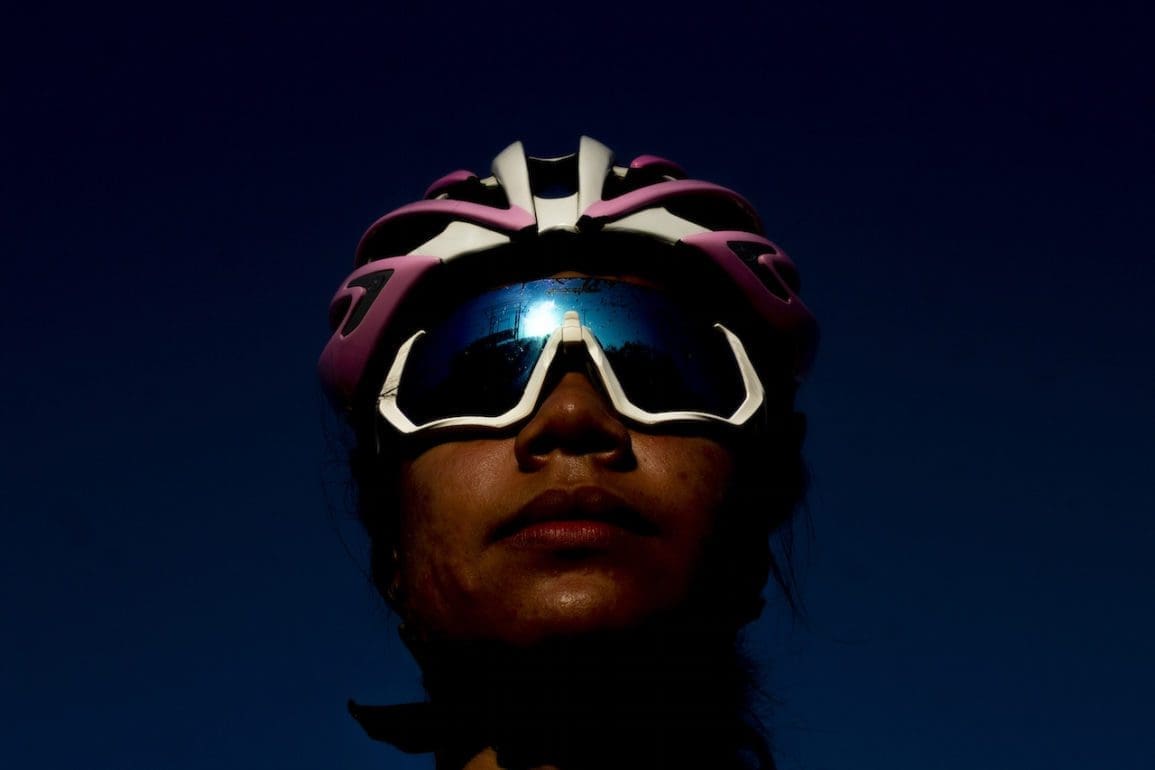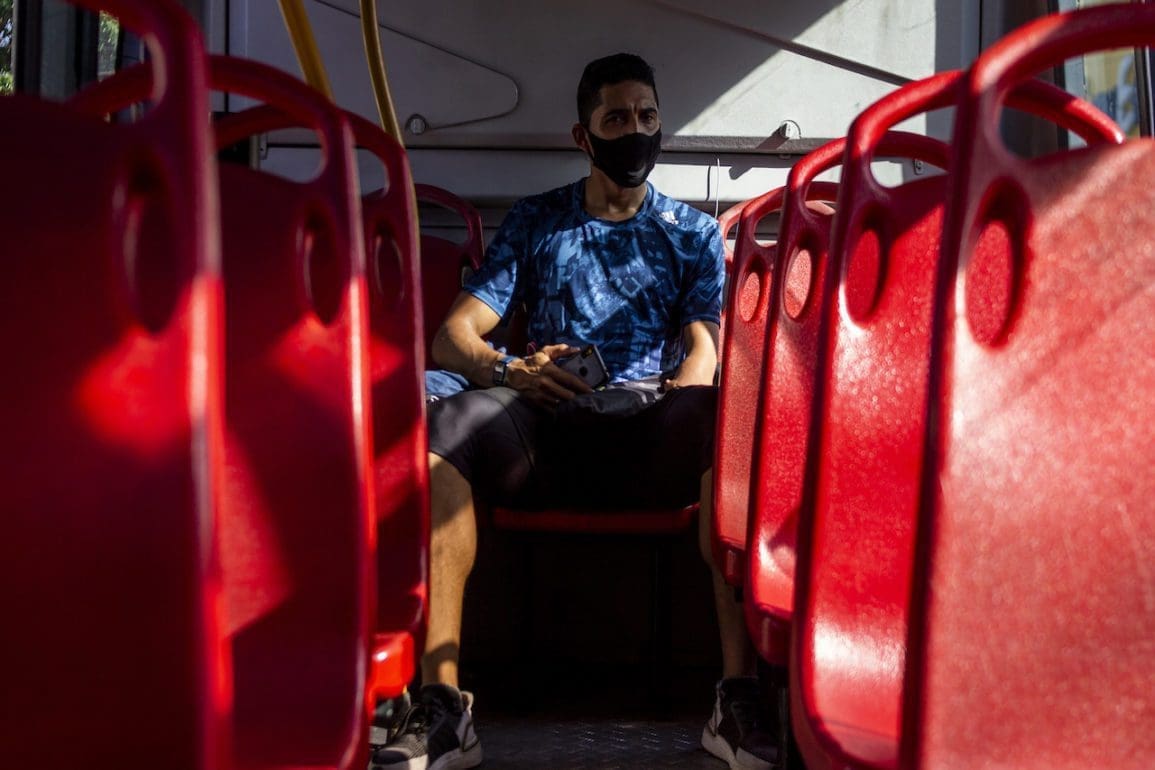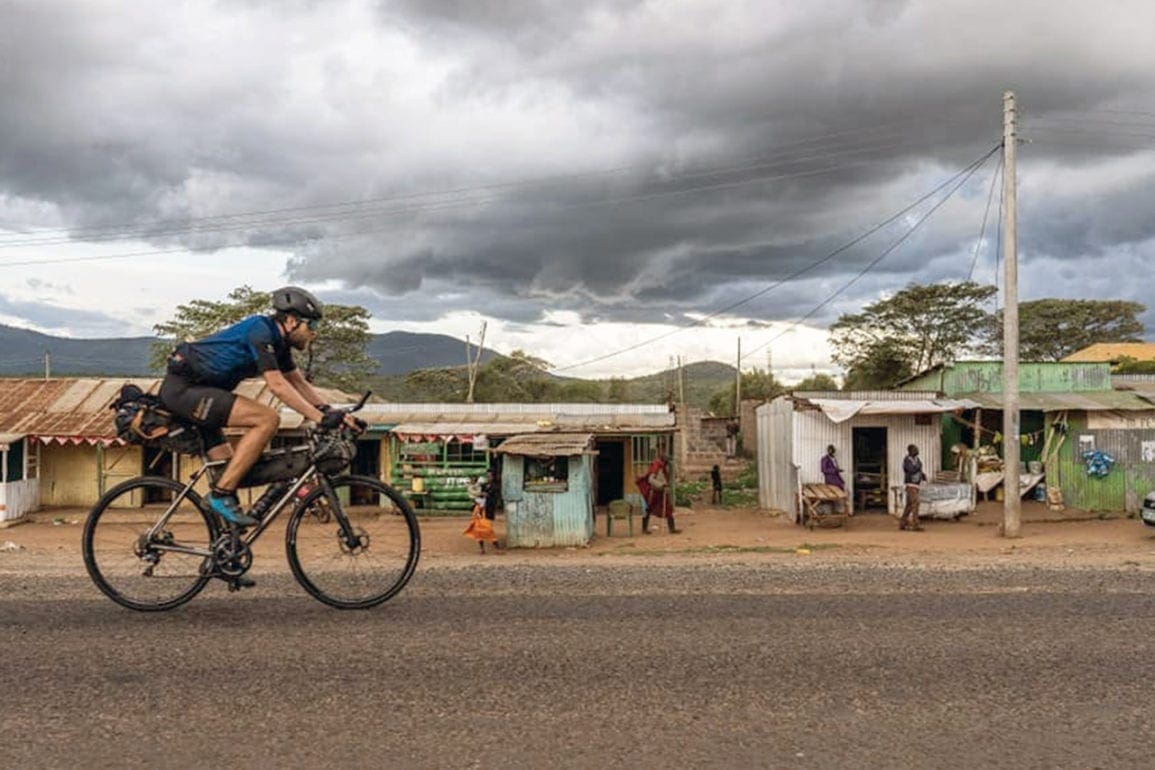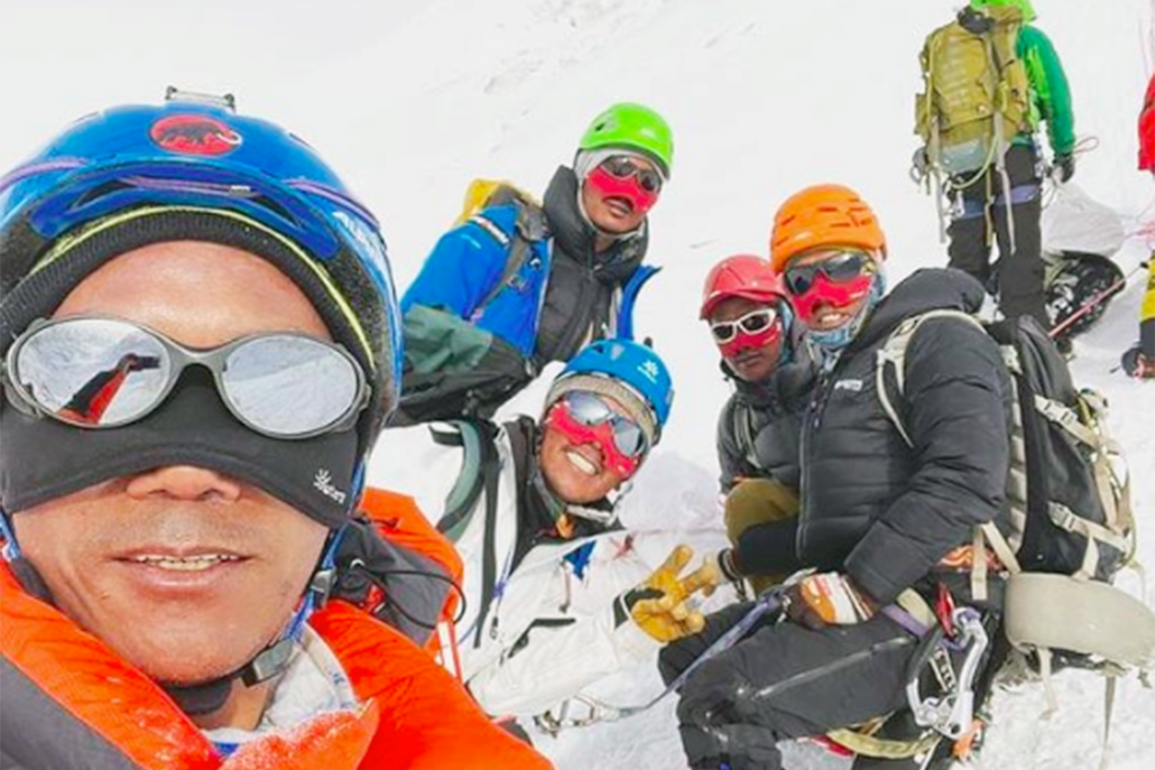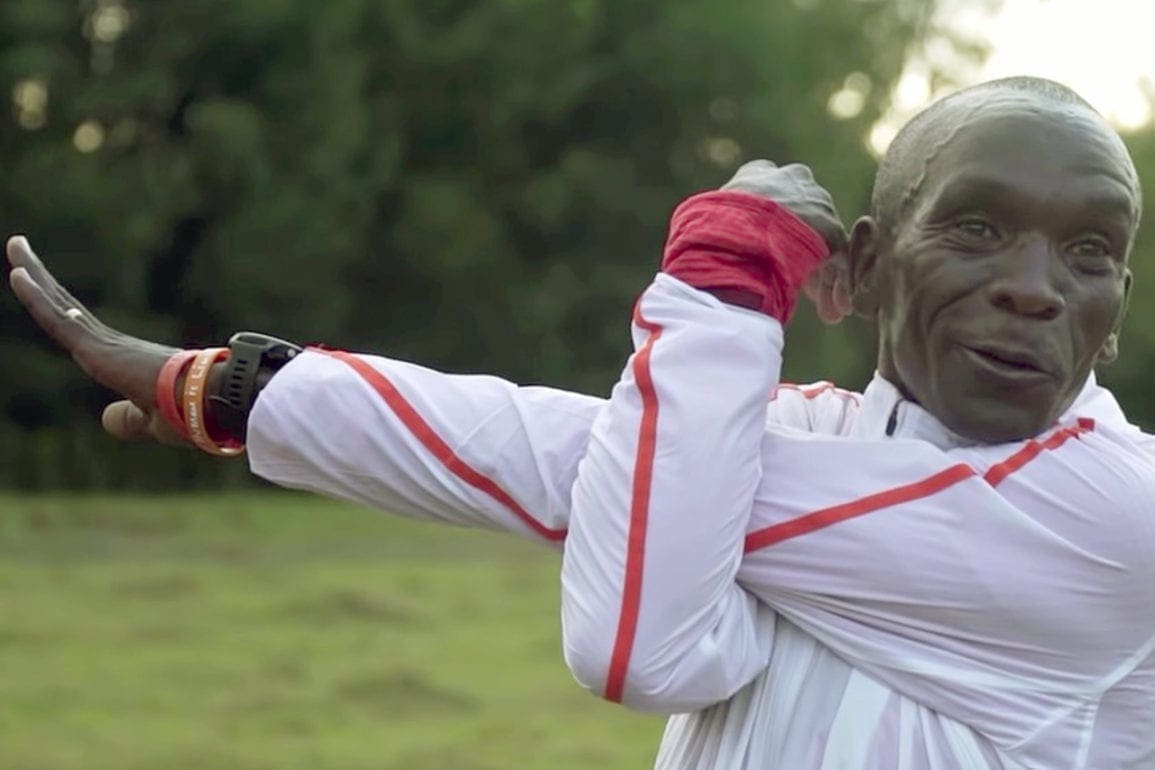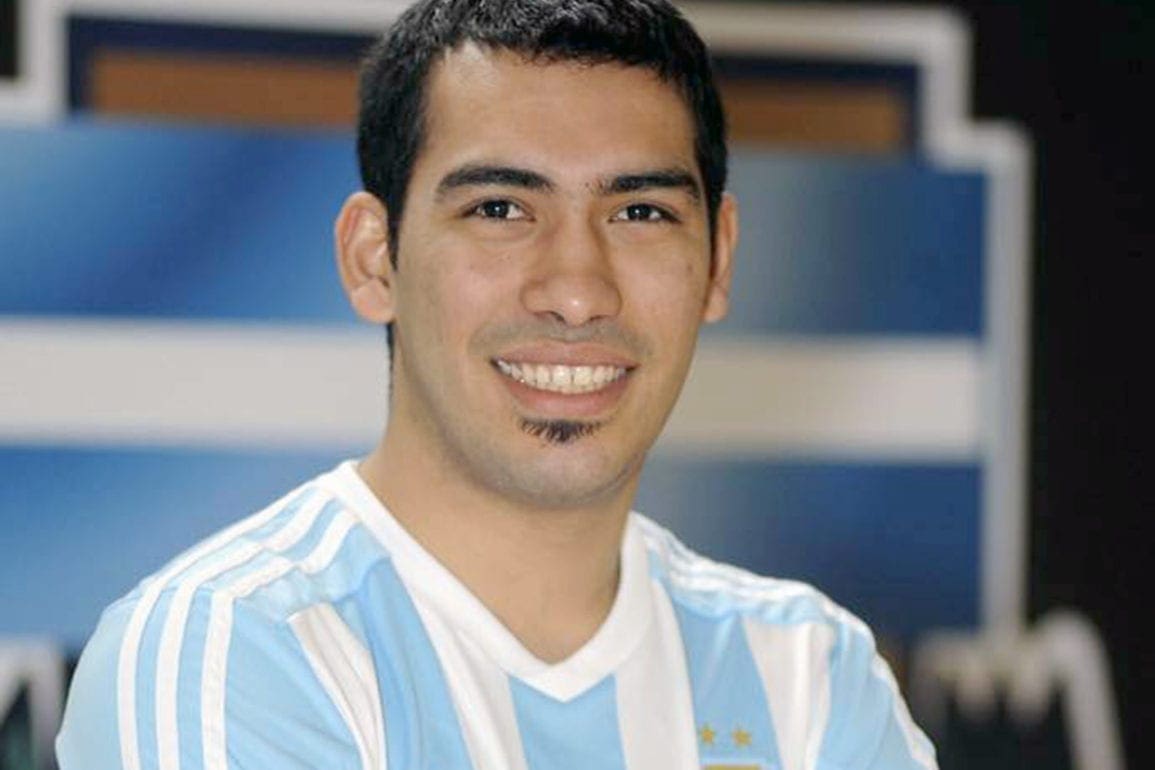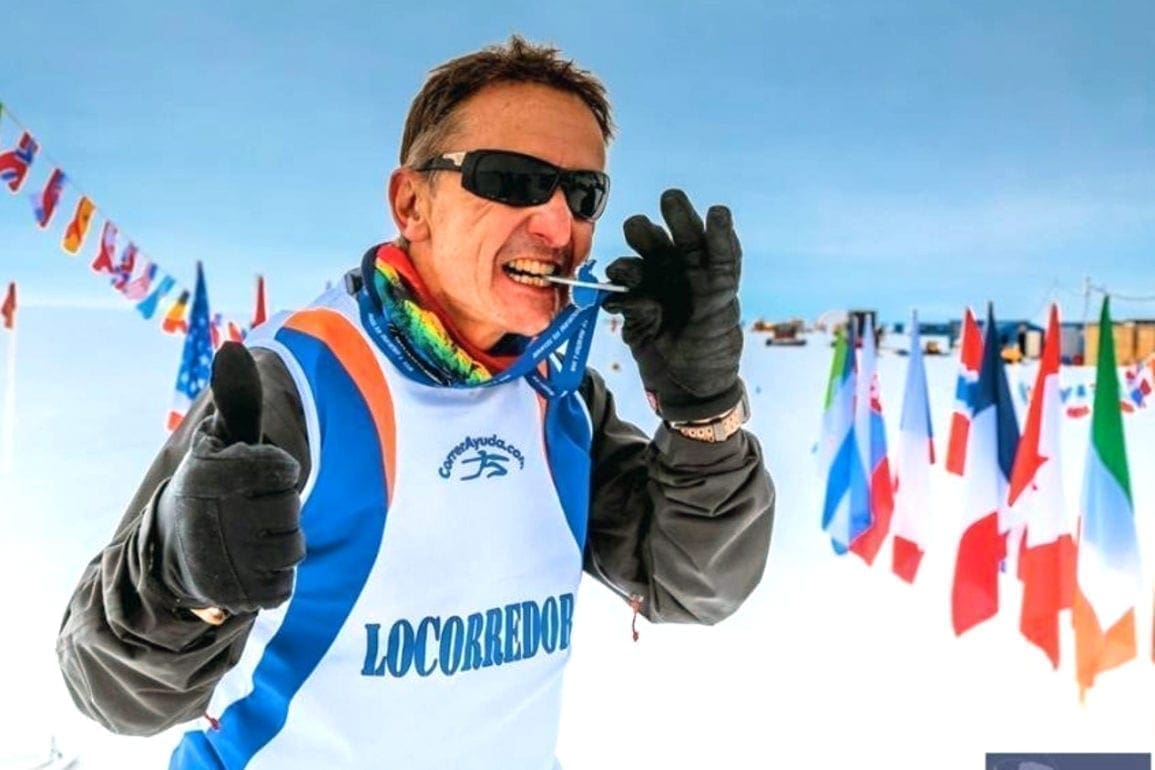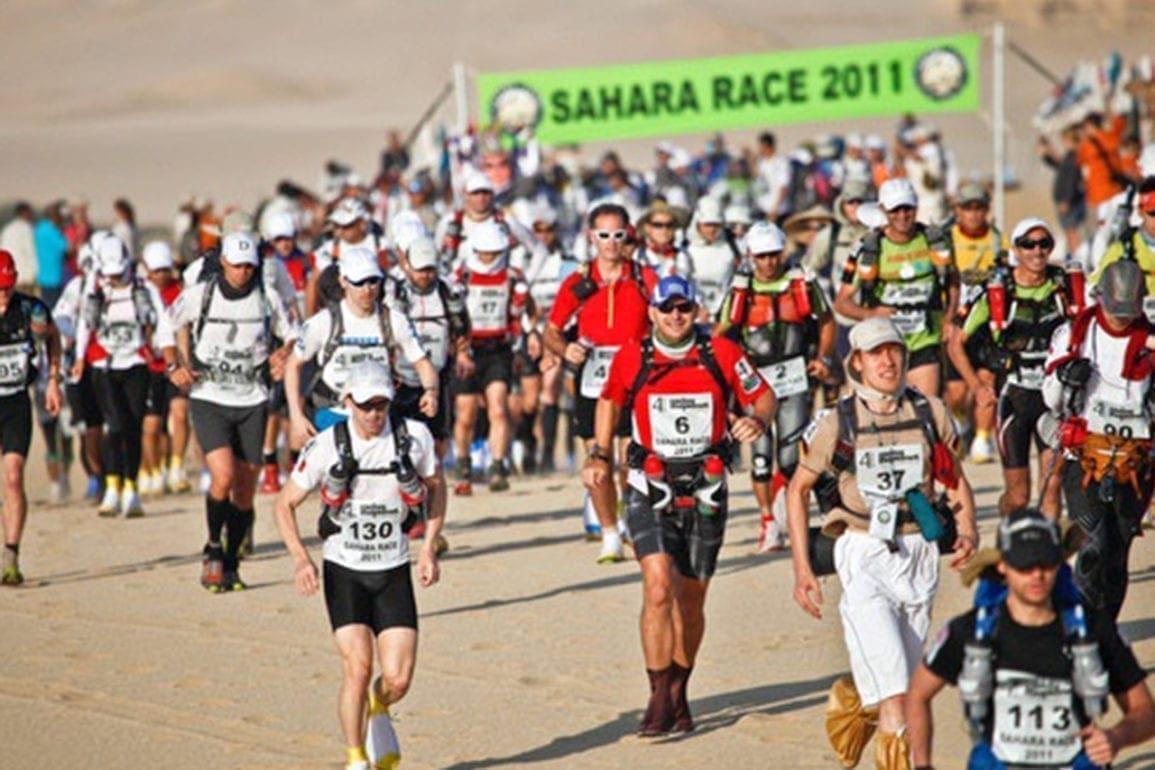First woman conquers the mysterious Barkley Marathon: one of the toughest ultra-distance races in the world
At full speed, I reached the yellow fence that marked the end of my race. The clock read 59 hours, 58 minutes, and 21 seconds. As soon as I arrived, I collapsed on the ground, completely exhausted. Until the last second, I didn’t know if I would make it.
- 2 months ago
June 3, 2024
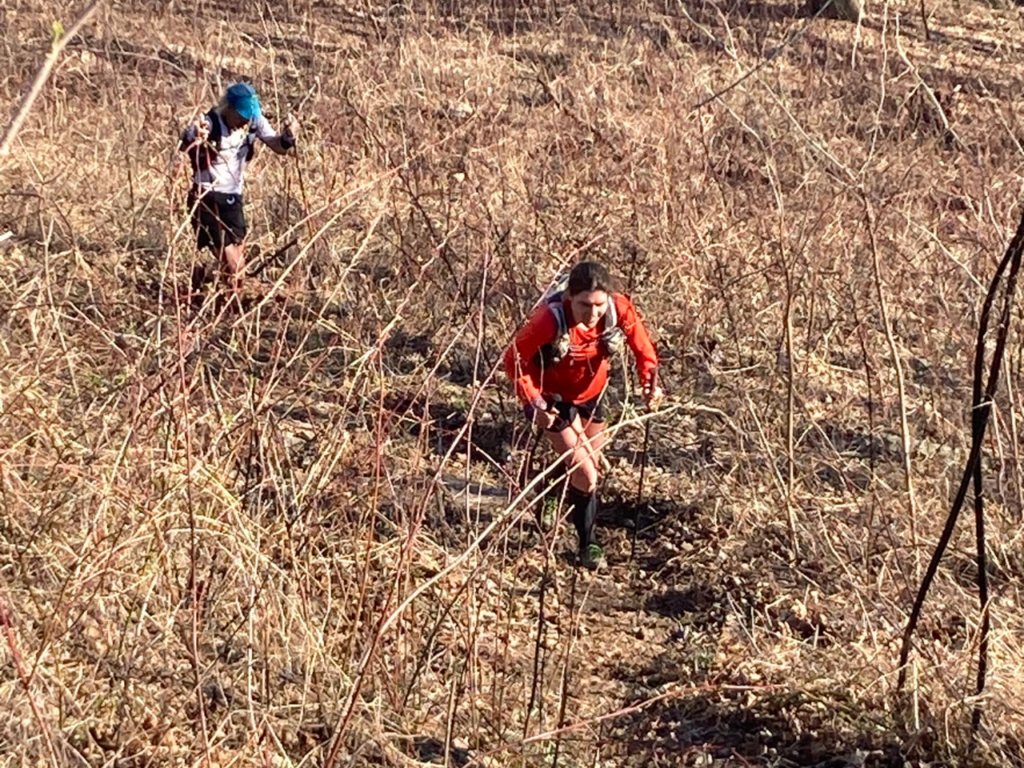
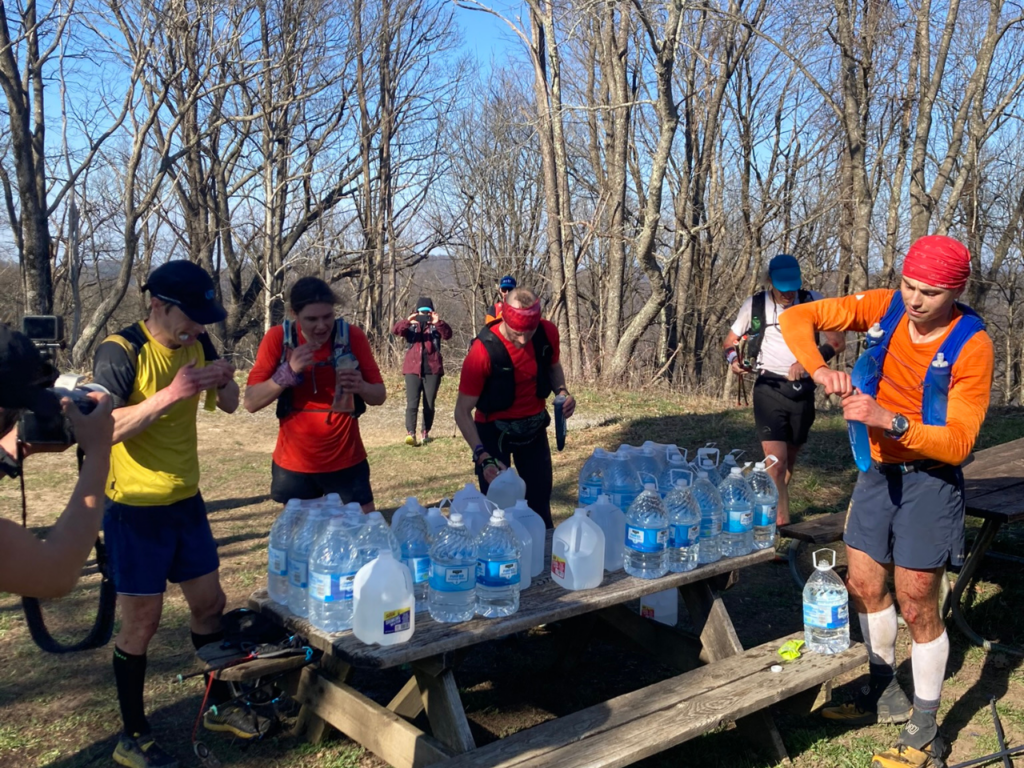
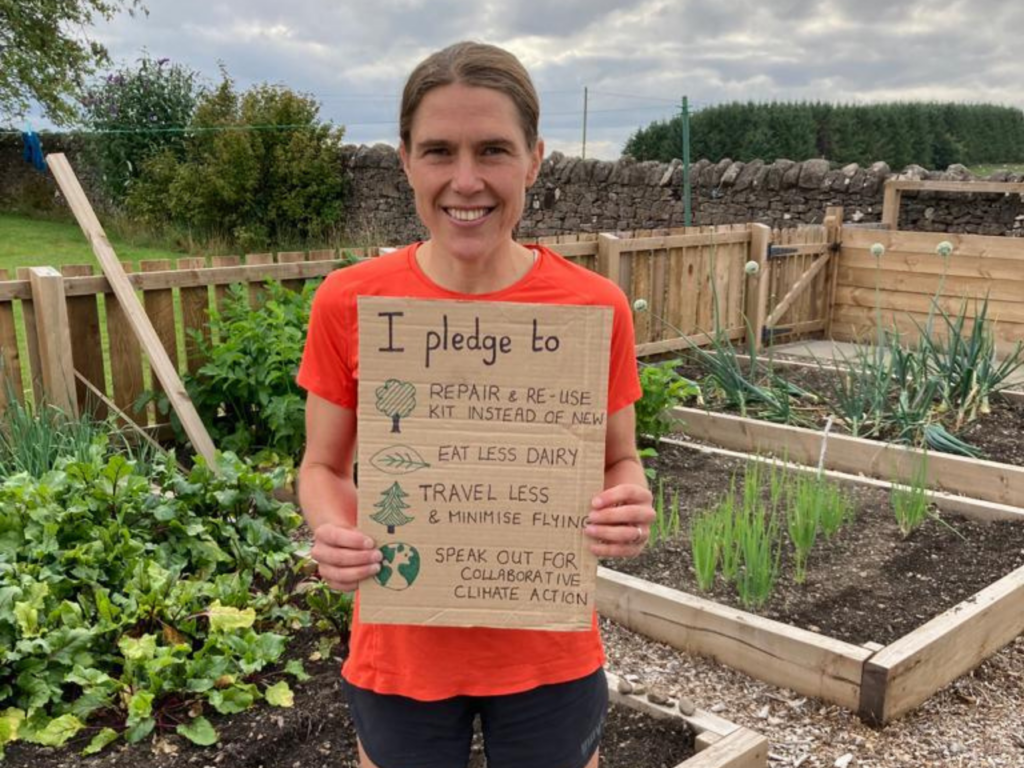
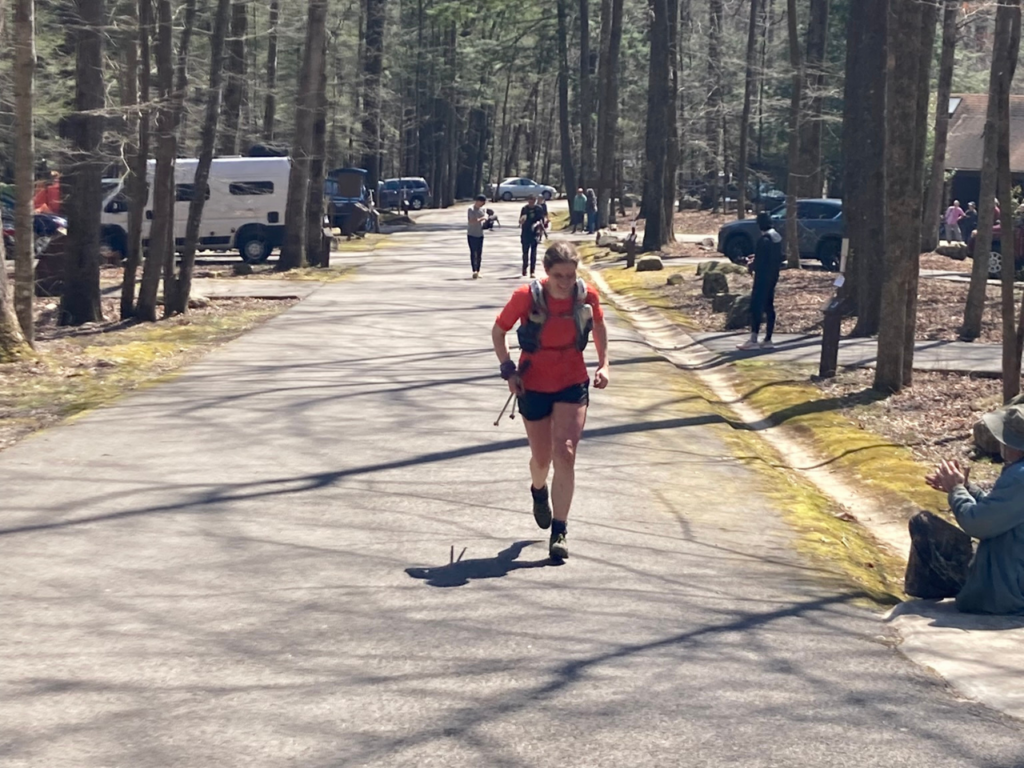
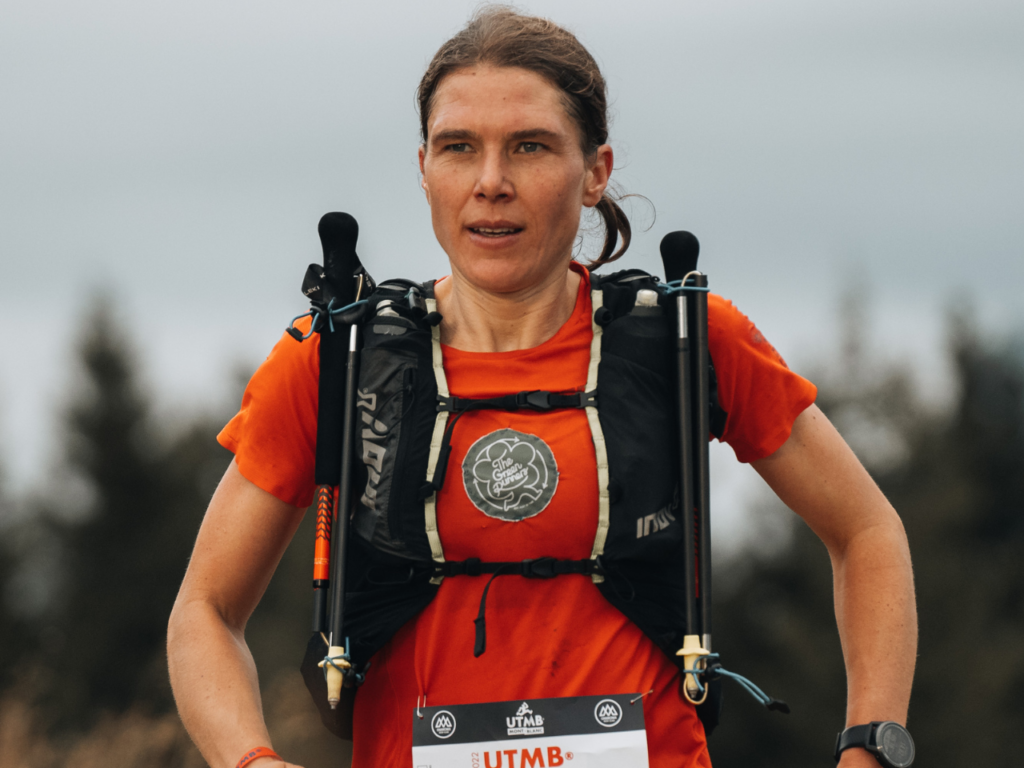
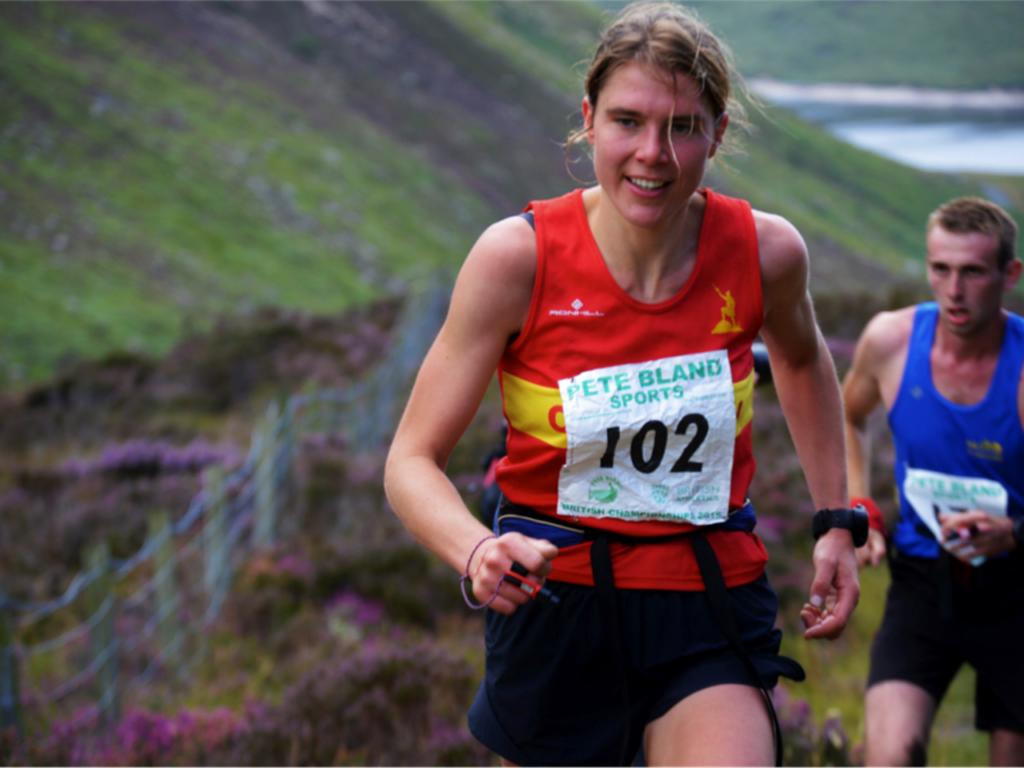
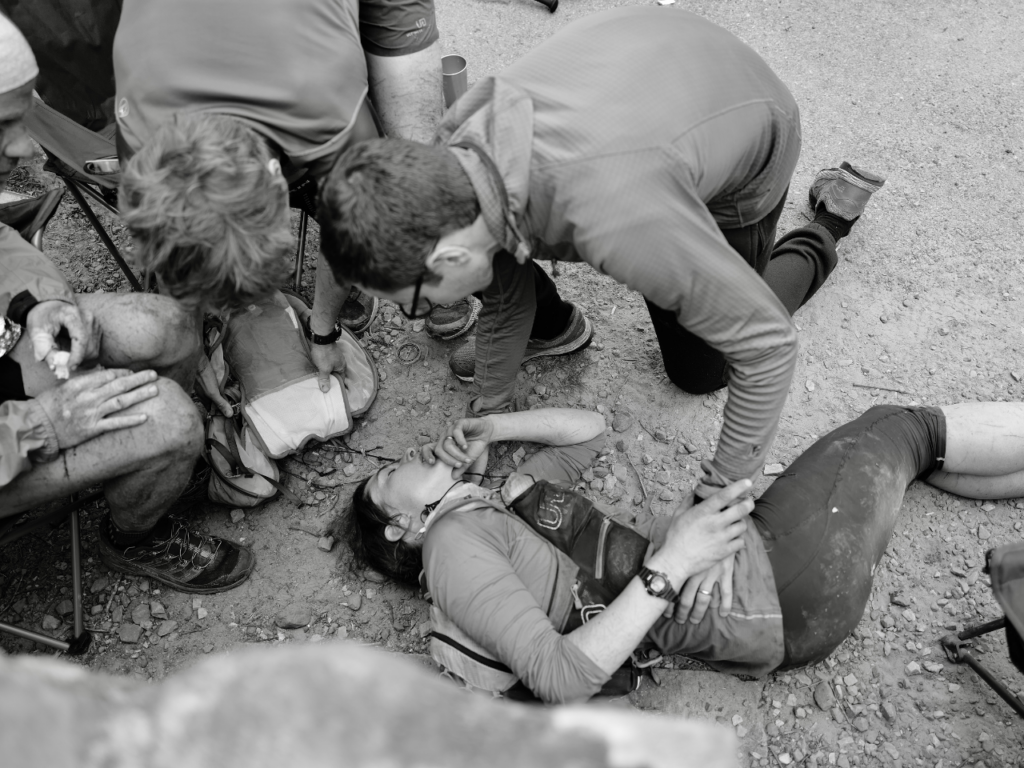
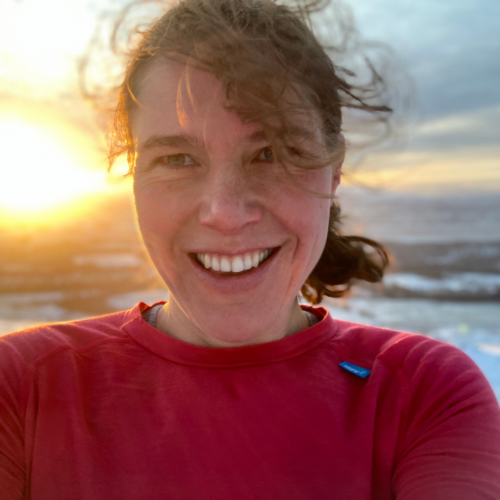
TENNESSEE, United States — From the moment I started mountain running, I sought longer, more challenging races. The tougher the terrain, the more I wanted to conquer it. The Barkley Marathon, with its legendary difficulty and aura of mystery, became irresistible.
Over the years, I achieved several milestones, but my most recent and proudest accomplishment is becoming the first woman in history to complete the infamous Barkley Marathon.
Read more sports stories at Orato World Media.
Selection process for the Barkley Marathon is shrouded in mystery
As a mother of two and a veterinarian, my free time remains limited. Yet, every spare moment I have, I devote to the passion I discovered after college: mountain running. This sport opened up a whole new world for me, revealing a natural talent I never knew I had.
The selection process for the Barkley Marathon remains shrouded in mystery, and many aspects of it are secrets I will keep. That’s part of its magic. I had to write an essay explaining why I deserved a spot in the race. After sending my email, all I could do was wait.
In 2022, just over a month before the secret start date, I received confirmation of my acceptance. I quickly organized my work and home life for the days away and adjusted my training for the challenge ahead. In my first attempt, I managed to complete three of the five laps. The next year, I returned and almost finished the fourth lap.
Each year, the course changes, but it always winds through the same daunting forest. These experiences allowed me to familiarize myself with the beautiful yet hostile mountain terrain, creating a mental map of the territory. Determined not to stop until completing the race, I tried again in March 2024.
The start time is another aspect of the mystery of this race. After being called to the location, we only know that, at some point, a horn will sound, signaling us to gather near the start line. As soon as the organizer Lazarus Lake lights his cigarette, the stopwatch starts. This year, as I slept in camp, I heard the call and jumped awake. It was a quarter past 4:00 in the morning. At Barkley, you can’t relax, even in the lead-up. Those hours of sleep felt like the early days with my babies when a part of me had to stay alert.
The mountain marathon: “All around me, the air was thick with the runners’ nervousness and joy”
Standing in front of the yellow gate that marks the start and finish of each lap, my heart fluttered with excitement. All around me, the air remained thick with the runners’ nervousness and joy. A few jokes helped ease the tension, fostering camaraderie. In these races, we compete against ourselves, not each other. It’s as if we’re all members of the same team, venturing into the mountains as one. Unlike in previous years, this time I felt determined to finish the race.
Before completing the first lap, I hurt my right ankle when I stepped on a slope. The persistent pain made me acutely aware of my body at all times. Despite the injury, I enjoyed the first two laps. Amidst the complicated terrain and the relentless pressure of the clock, I still found moments to look up and take in my surroundings. The daylight revealed breathtaking scenery, with butterflies flitting about and vibrant flashes of color in the flowers and trees.
At the end of the second lap, as dusk fell and the sky bathed us in a warm orange glow, I felt a surge of refreshing energy and began to pull ahead in the race. The beauty of the scene seemed to infuse me with strength, propelling my body forward.
Soon after, darkness took over, and only the flashlights on our foreheads cut through the night, making us look like fireflies. Suddenly, a melody began to rise. Sébastien, a French runner, started singing “The Impossible Dream” in his native language. It felt like a profound moment. One by one, we joined in, forming a sweaty, itinerant chorus. From the third lap on, the constant ups and downs eroded my legs, and the branches, roots, and vegetation left scratches everywhere.
Finishing Barkley marathon: The clock read 59 hours, 58 minutes, and 21 seconds
Unfortunately, nausea prevented me from eating, making everything feel even harder. Thinking of the work in front me made it difficult to cope with the moment. I started to distance myself and remained away from the group. This only worsened my situation. Surrounded by darkness – just me and the mountain – I became indifferent to my pain and suffering.
Eventually, I threw myself on the ground in the middle of the forest, giving myself a few seconds to regroup. I thought of my children and family and how much I wanted to return home to them. For a brief moment, I allowed my mind to wander. Yet, I could only afford a few seconds because the stopwatch continued relentlessly. I took a deep breath, stood up, and continued. I began to hyperfocus on my goal. Finishing became my fixed point, and I tried not to think about anything else.
With only 10 minutes left to reach the 60-hour mark deadline, I ran downhill and entered a valley. Glancing at my watch, I looked up to one more climb beyond the valley. Time was running out. “I’m not going to make it,” I thought. Desperate, I started running faster than I had ever run in my life. In my head, I replayed all the hours of training, the journey, and physical and mental exhaustion. It was all about to amount to nothing. The certainties throughout the race vanished in an instant.
At full speed, I reached the yellow fence that marked the end of my race. The clock read 59 hours, 58 minutes, and 21 seconds. As soon as I arrived, I collapsed on the ground, completely exhausted. Until the last second, I didn’t know if I would make it.
Breaking a barrier helps encourage other women: “I often catch myself thinking, ‘Wow, I just did something amazing!'”
The first thing I felt wasn’t joy, but enormous relief. All I could think about was breathing, taking in as much air as I could to calm down after the final sprint. Once I could stabilize myself, I became aware of what I accomplished. A wonderful feeling of happiness overcame me, a sensation only experienced after achieving something truly significant.
I also realized that my adventure at Barkley marathon reached its end. Suddenly, I felt a bit nostalgic for all the friends I made over the years, knowing I would miss them in the future. I wanted to prove to myself that I could do it, and I did. It’s a big commitment that I don’t think I’ll ever make again. Plus, I’m trying to reduce my flying for environmental reasons, so I won’t be returning to the States unless it’s necessary.
I did all this for myself, but I also realize that, in a way, I did it for women all over the world. That brings me great joy. Many people said that no woman could ever finish Barkley, and it was gratifying to prove them wrong. Breaking that barrier helps encourage other women to try. If any of them think they can’t do it, now they know that at least one woman already has.
You never know what’s possible until you try. I hope my experience inspires others to take the plunge. It’s been a few months now, but I still feel some fatigue from the challenge. While biking to work, I often catch myself thinking, “Wow, I just did something amazing,” as I remember the race.
All photos courtesy of David Miller.
